Joining the delegation were Deputy Minister of Natural Resources and Environment Vo Tuan Nhan; Vice Chairman of the National Assembly's Committee for Culture and Education Ta Van Ha; Major General Tran Minh Le, Director of the Department of Environmental Crime Prevention and Control, Ministry of Public Security; leaders of the provinces and cities: Hanoi, Hung Yen, Bac Ninh, Hai Duong; leaders of functional agencies under the Ministries: Natural Resources and Environment, Public Security, Agriculture and Rural Development, Construction, Industry and Trade.
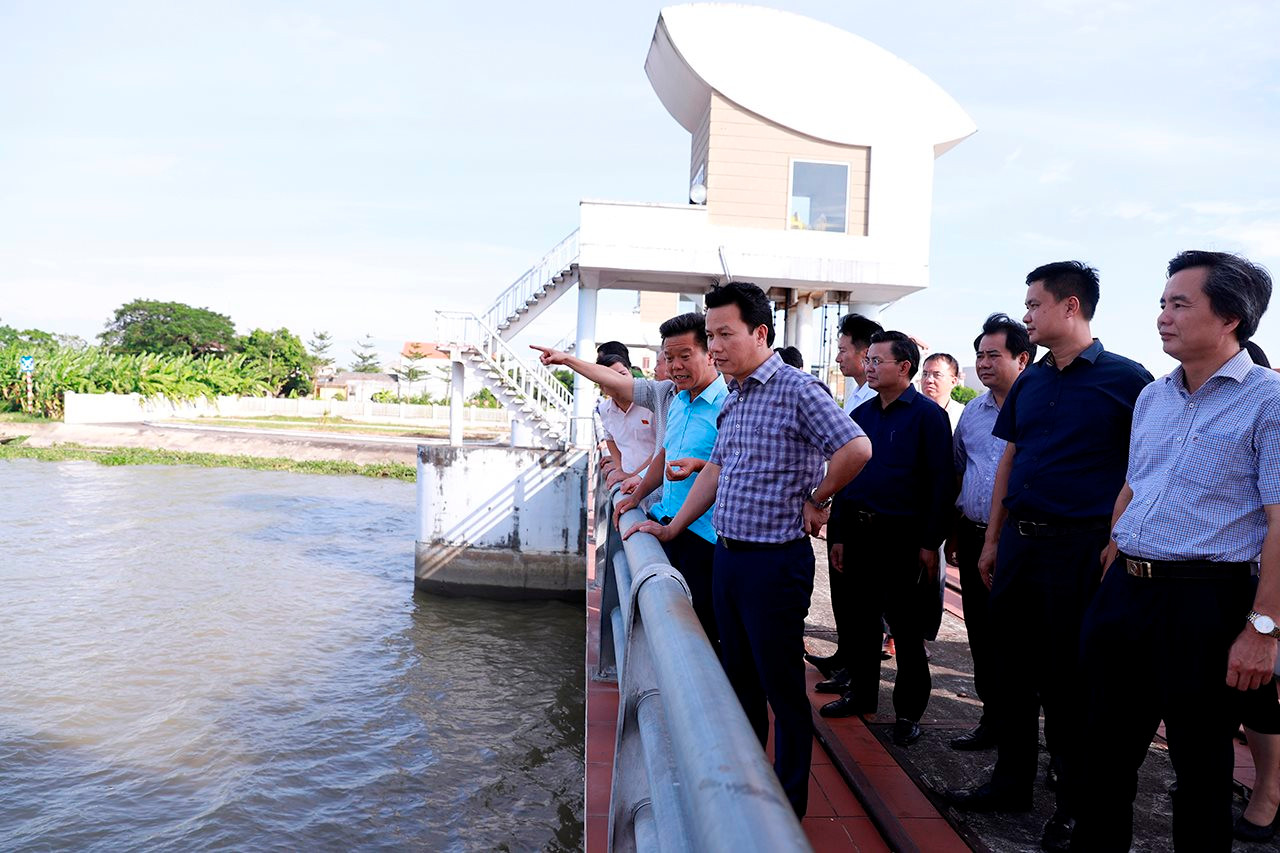
Immediately after inspecting and surveying the actual situation at the Bac Hung Hai irrigation system, the working delegation worked with the leaders of Hung Yen province. Receiving and working with the working delegation were comrades: Nguyen Huu Nghia, member of the Party Central Committee, Secretary of the Provincial Party Committee; Tran Quoc Van, Deputy Secretary of the Provincial Party Committee, Chairman of the Provincial People's Committee; comrades in the Standing Committee of the Provincial Party Committee, Standing Committee of the Provincial People's Council, leaders of the Provincial People's Committee; leaders of a number of relevant departments and branches of Hung Yen province.
On the morning of October 20, Minister of Natural Resources and Environment Dang Quoc Khanh and his delegation conducted a field survey at Xuan Quan sluice in Xuan Quan commune, Van Giang district, Hung Yen province. Next, the delegation conducted a survey at Xuan Thuy sluice in Kieu Ky commune, Gia Lam district, Hanoi city.
In the afternoon of the same day, Minister Dang Quoc Khanh and the working delegation continued to conduct field surveys at Minh Khai plastic recycling village, Nhu Quynh town, Van Lam district, Hung Yen province; the wastewater treatment system at Thang Long II Industrial Park and at Cau Xe culvert, Quang Trung commune, Tu Ky district, Hai Duong province.
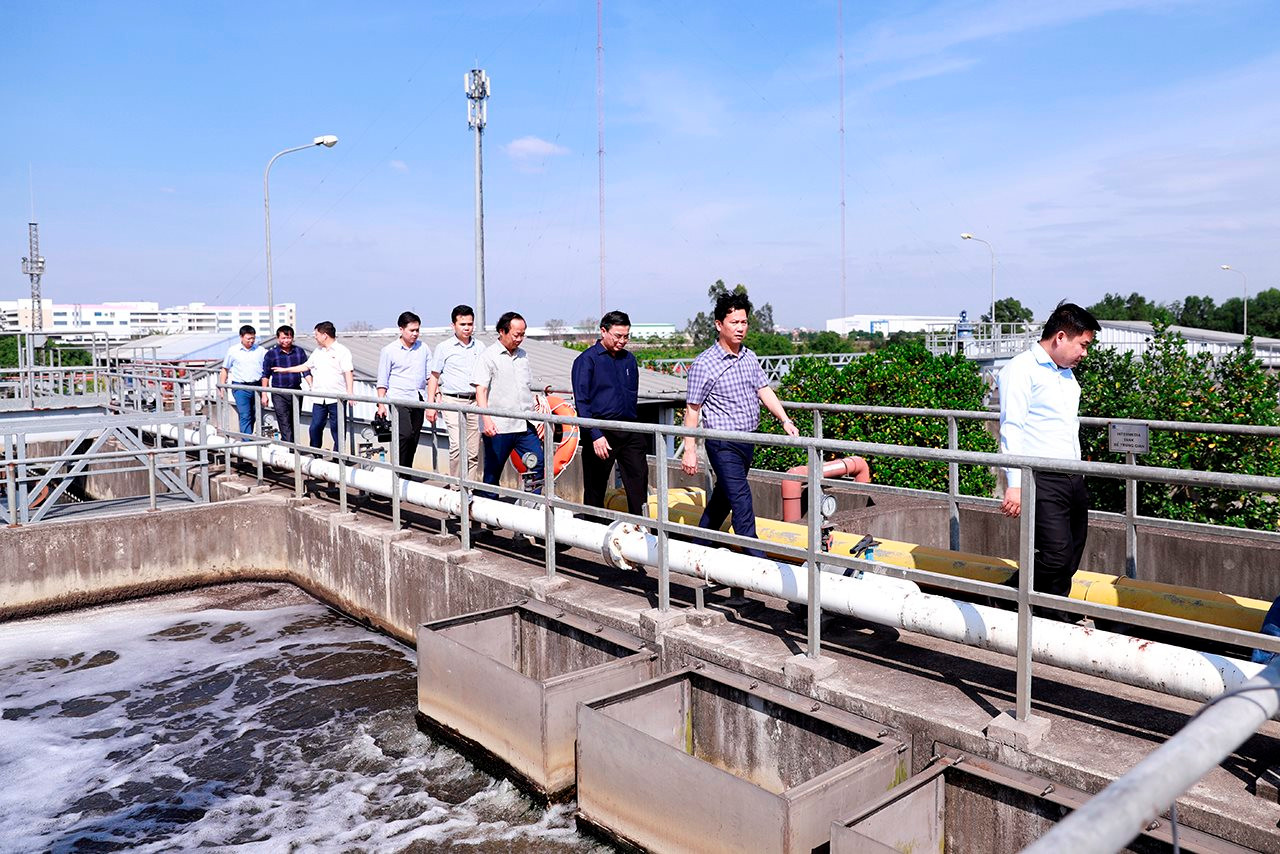
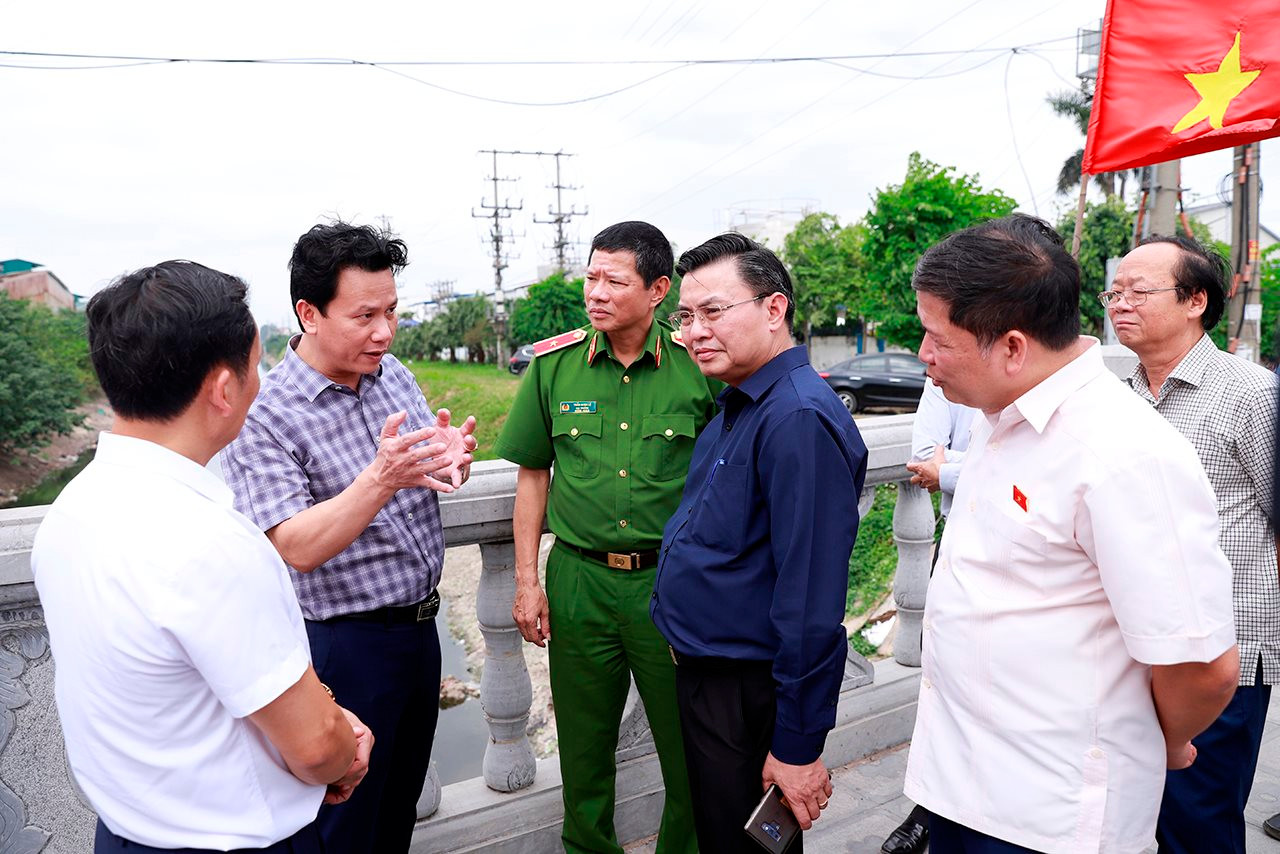
After the field survey program, on the afternoon of October 20, at the headquarters of the People's Committee of Hung Yen province, Minister of Natural Resources and Environment Dang Quoc Khanh worked with the leaders of the provinces and cities: Hanoi, Hung Yen, Hai Duong, Bac Ninh to assess the current pollution situation, the management and treatment of waste sources causing water pollution in the Bac Hung Hai irrigation system.
At the meeting, Mr. Hoang Van Thuc, Director of the Department of Environmental Pollution Control (Ministry of Natural Resources and Environment) reported an overview of the pollution situation, the main causes of water pollution, the current status of wastewater treatment management into the Bac Hung Hai irrigation system and solution orientation.
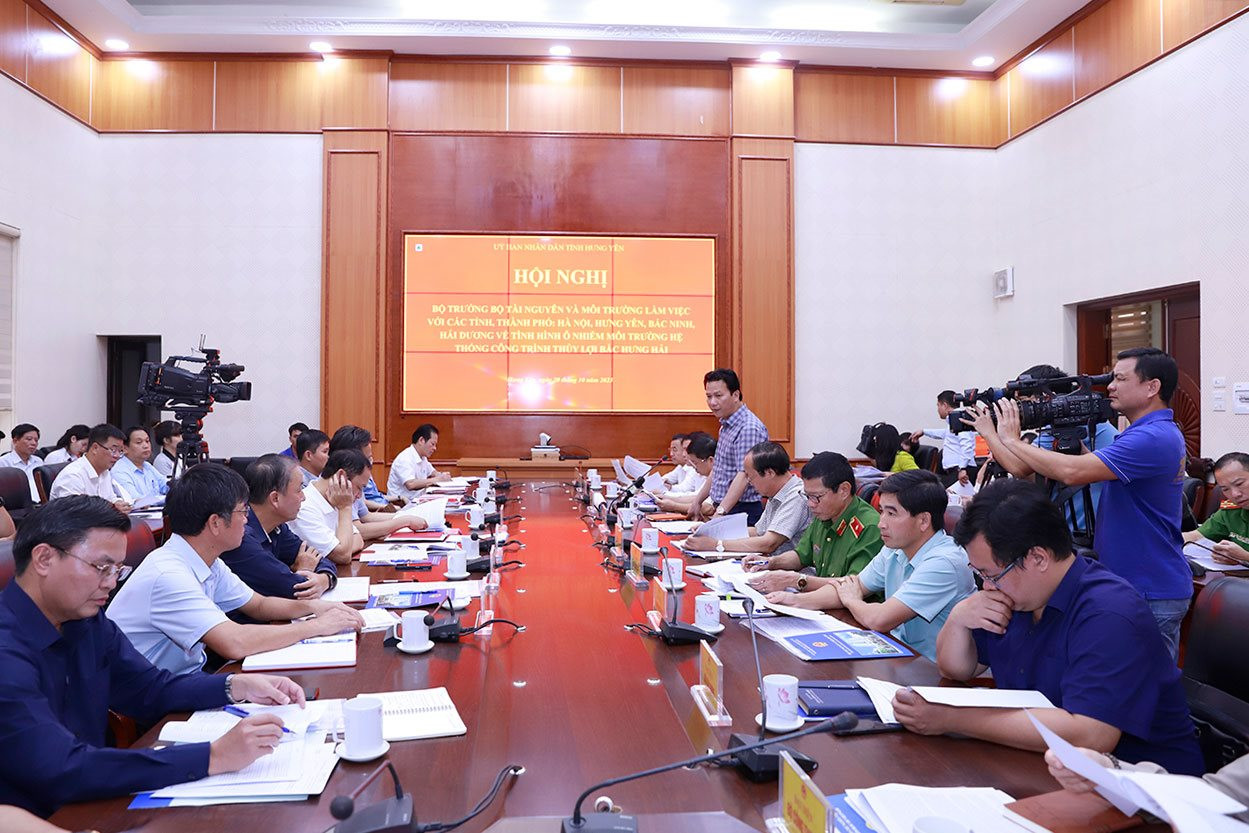
According to the results of the investigation of wastewater discharge sources in Hung Yen province, the sources of discharge into the Bac Hung Hai river system include industrial wastewater, wastewater from livestock households, wastewater from craft villages, wastewater from medical facilities, and domestic wastewater. In addition, the source of the Bac Hung Hai river must receive polluted water from industrial wastewater, services, craft villages, and domestic wastewater along the Cau Bay river basin running through Hanoi city, which is considered the main cause of pollution of the Bac Hung Hai river water source today. From 2022 to present, Hung Yen province has directed inspections, checks, and administrative sanctions on environmental protection for 318 organizations and individuals with a total amount of nearly 17 billion VND.
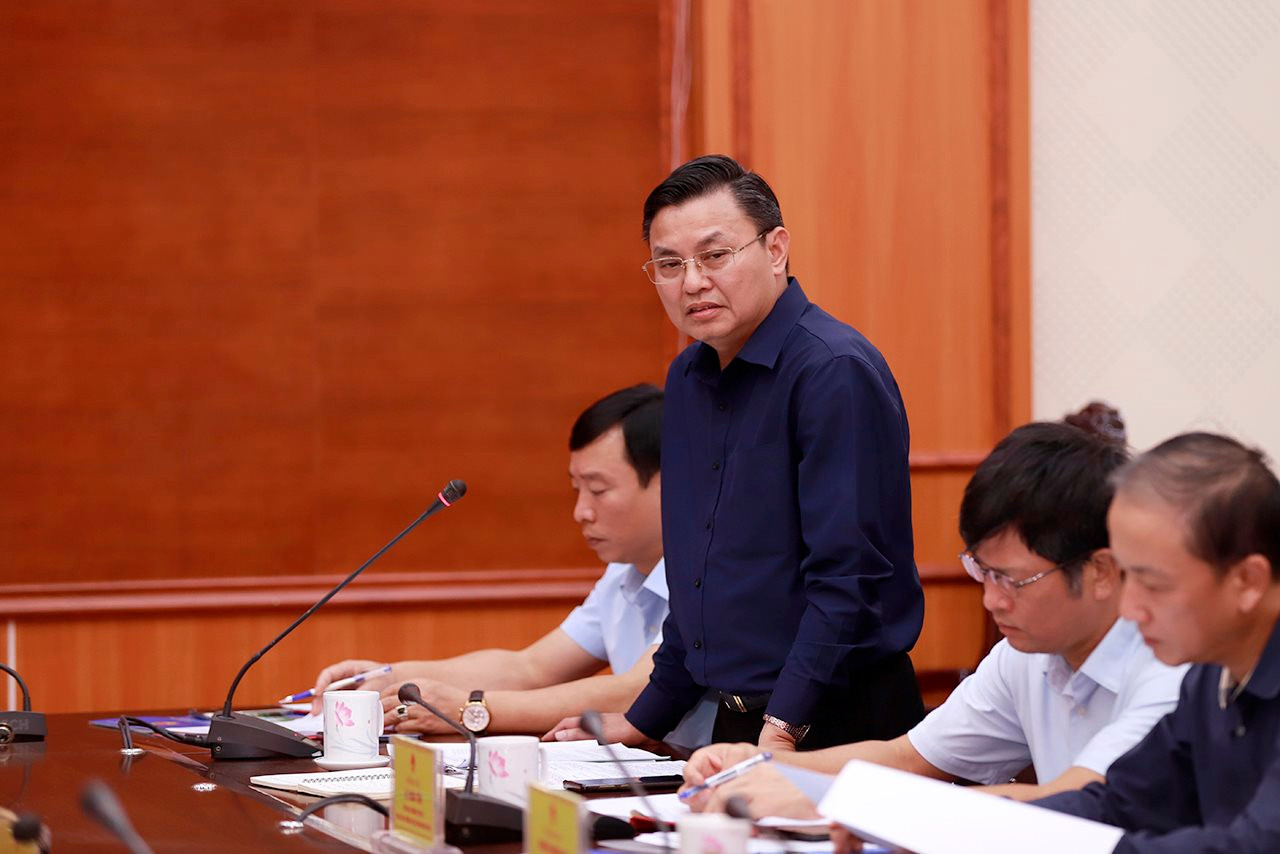
At the meeting, representatives of leaders of provinces and cities: Hanoi, Hung Yen, Hai Duong, Bac Ninh and the Ministries: Public Security, Construction, Agriculture and Rural Development, Industry and Trade reported on the management of water quality and use of water resources for the Bac Hung Hai irrigation system and discussed, exchanged and discussed solutions to overcome the pollution situation here.
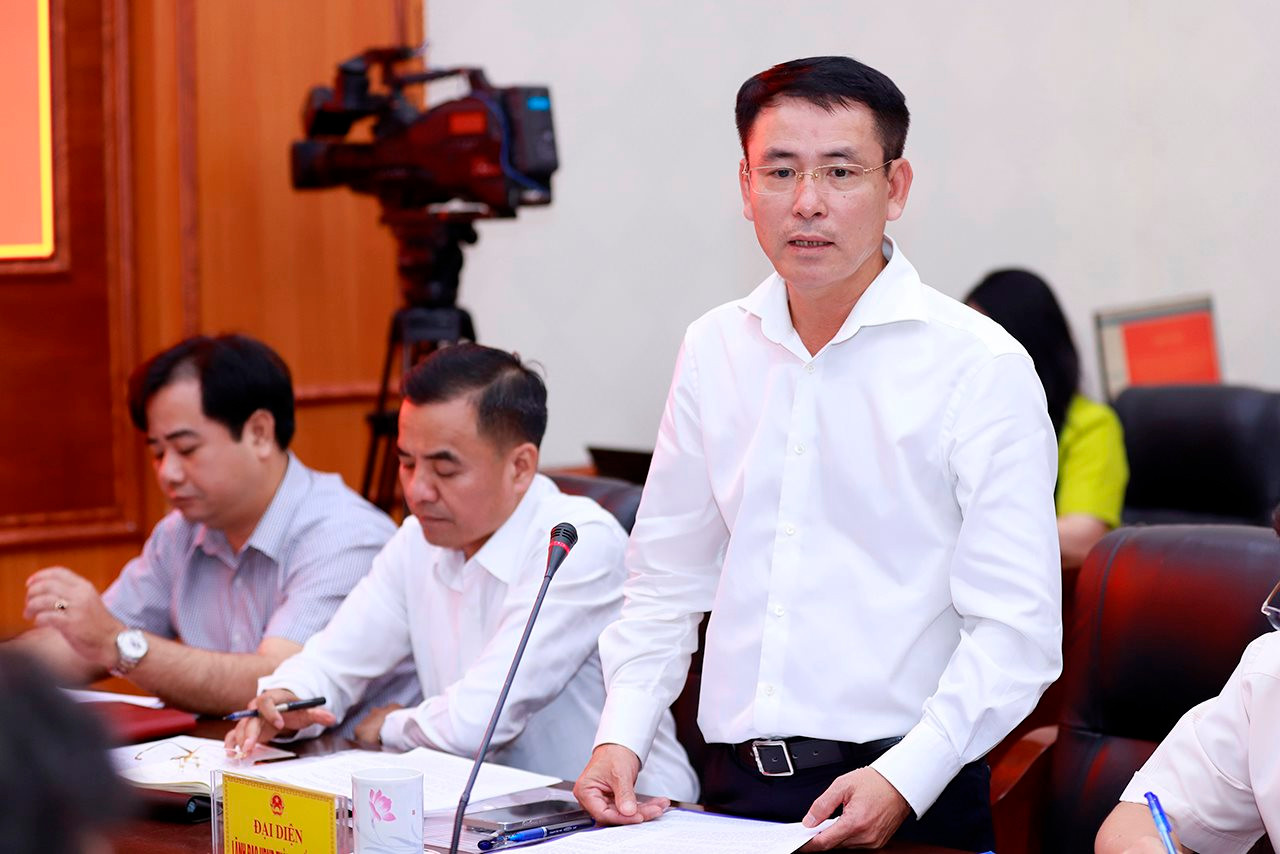
Speaking to clarify some contents, Deputy Minister of Natural Resources and Environment Vo Tuan Nhan said that through inspection and assessment, the Bac Hung Hai irrigation system currently has two main sources of pollution: domestic wastewater with 72% untreated, in addition to pollution from livestock farms, craft villages and a small amount from industrial clusters. Although the Ministry of Natural Resources and Environment and the Ministry of Public Security have imposed many fines, they are still only administrative penalties. Deputy Minister Vo Tuan Nhan suggested that there should be more drastic participation from localities.
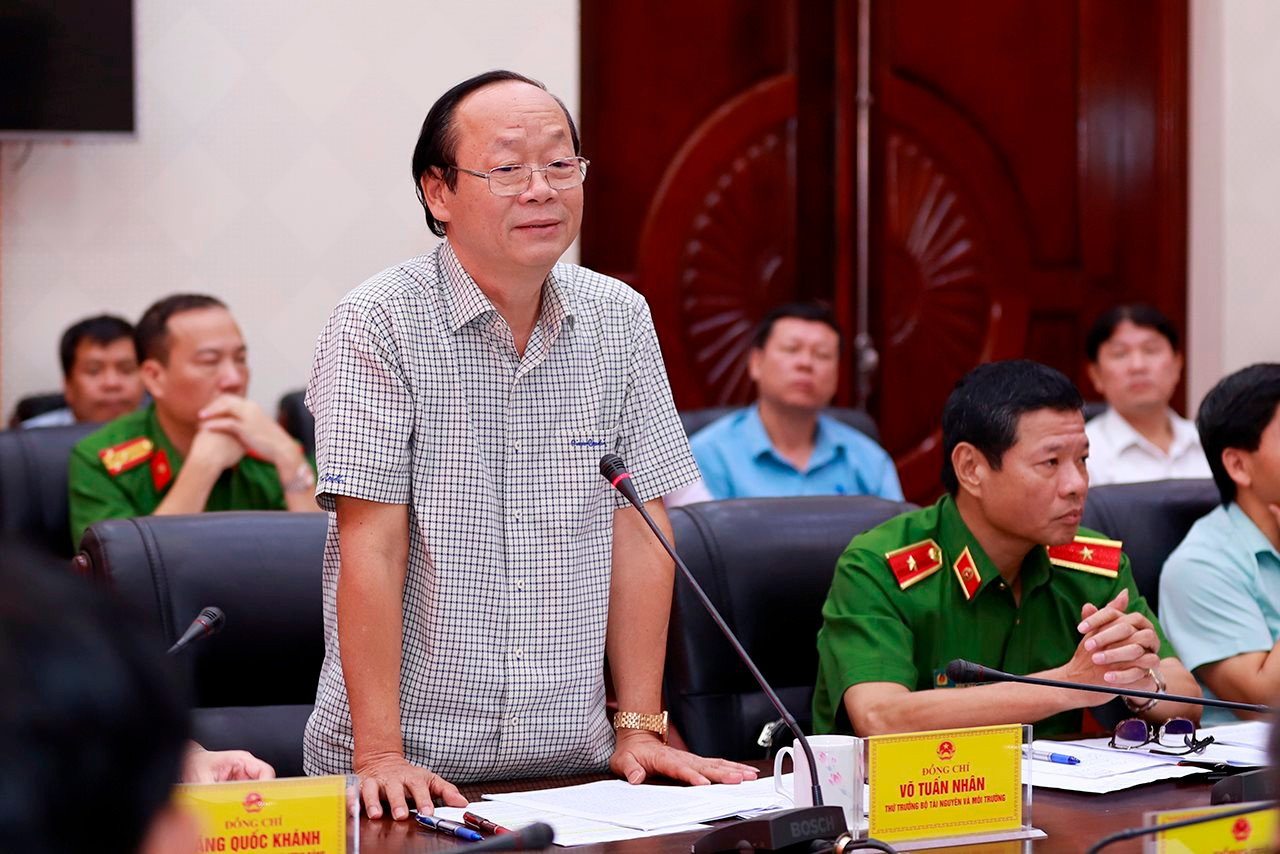
According to Major General Tran Minh Le, Director of the Department of Environmental Crime Prevention and Control, the Ministry of Public Security has chosen the Bac Hung Hai irrigation system as a pilot from which to deploy to other river basins nationwide; however, inspection and punishment are “only at the tip of the iceberg”, still requiring drastic participation from localities. In Hung Yen alone, the Department of Environmental Crime Prevention and Control has identified 84 sources of pollution and is ready to transfer them to Hung Yen for joint resolution.
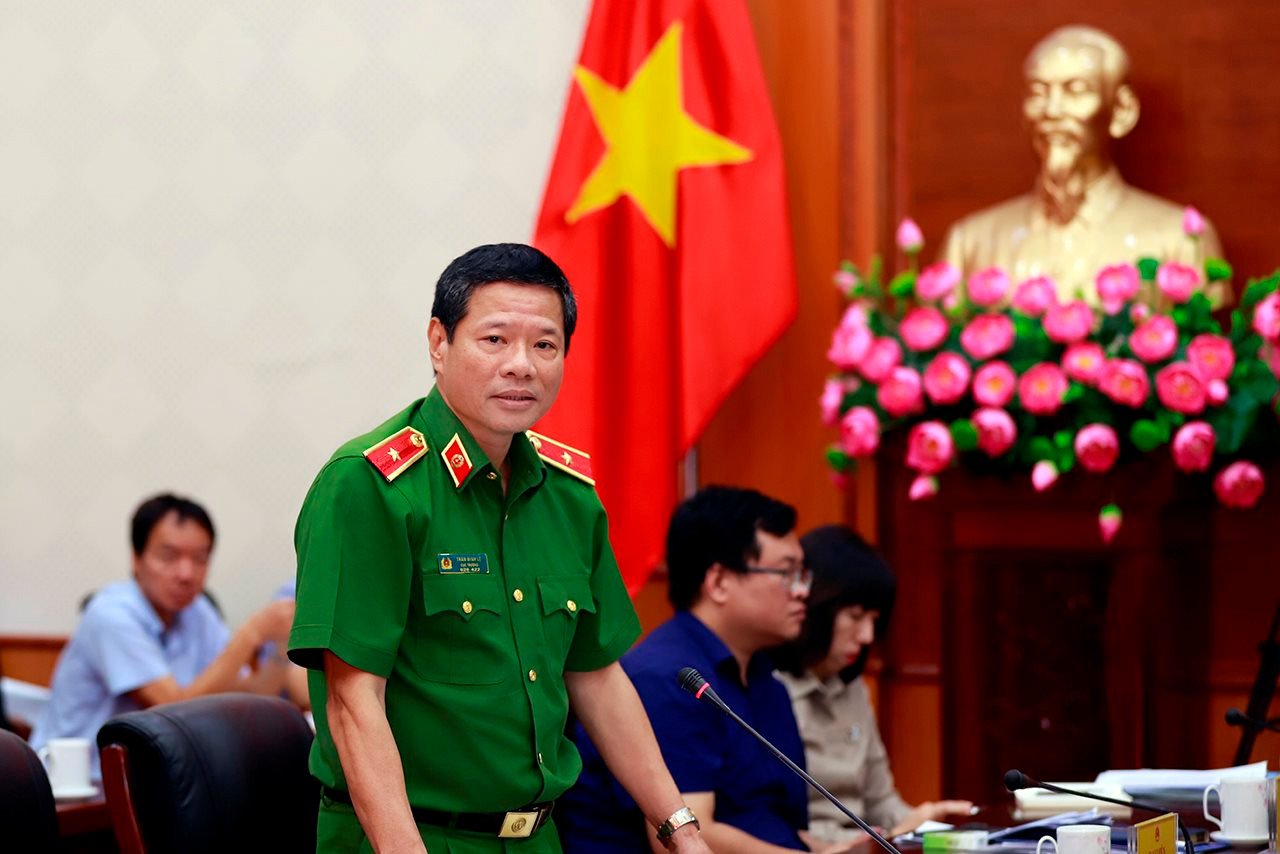
Assessing the Bac Hung Hai irrigation system as a symbolic project in the socialist construction in the North in 1959, with profound historical value, Vice Chairman of the National Assembly's Committee on Culture and Education Ta Van Ha said that at present, it is necessary to clearly point out the specific responsibilities of units and localities, thereby building synchronous solutions; it is necessary to point out the clear and specific responsibilities of each locality in handling industrial clusters that cause environmental pollution...
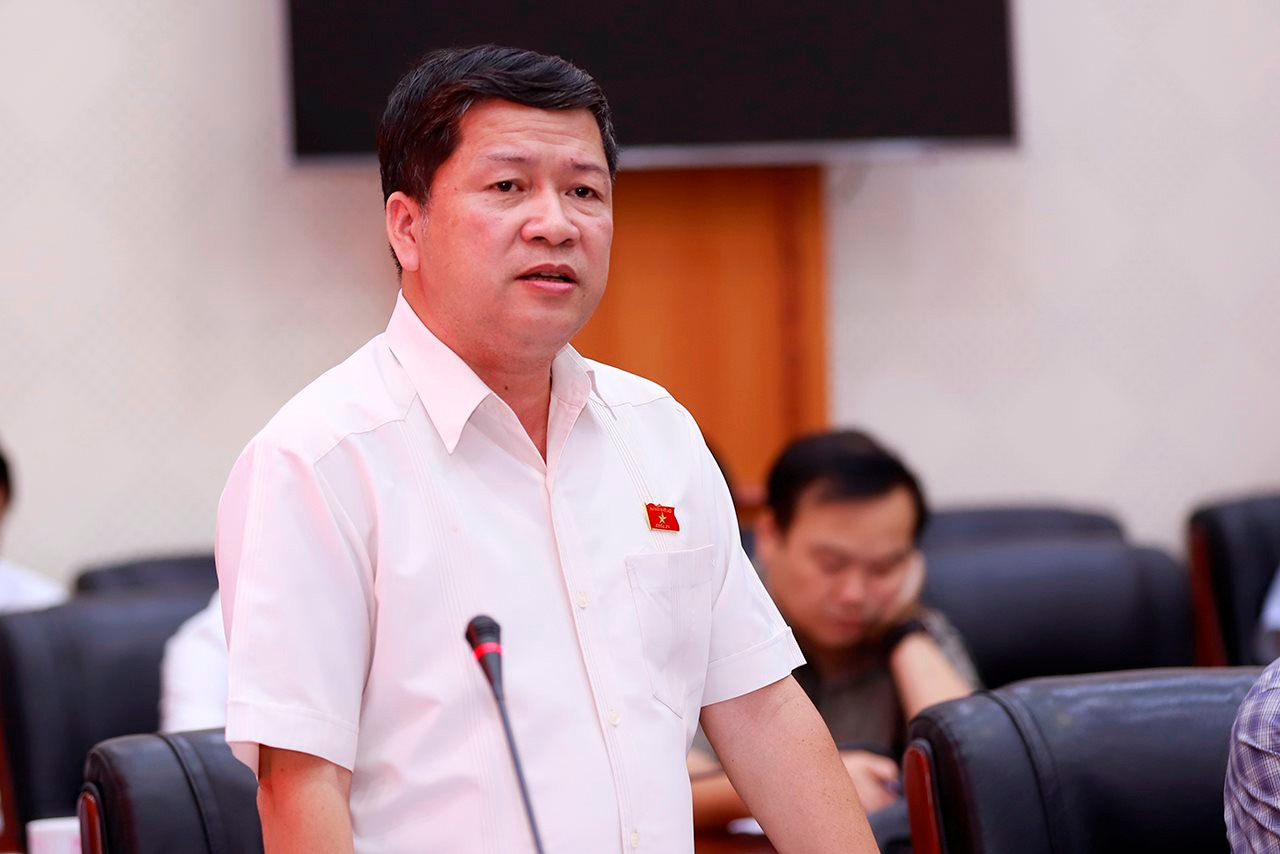
Speaking at the meeting, Chairman of the People's Committee of Hung Yen province Tran Quoc Van and Secretary of the Hung Yen provincial Party Committee Nguyen Huu Nghia both emphasized that environmental protection is a political task, requiring the drastic participation of the entire political system. The leaders of Hung Yen province proposed that all sources of pollution in the Bac Hung Hai irrigation system, if they intentionally discharge waste into water sources and if they have been administratively sanctioned more than three times, should be considered for criminal prosecution...
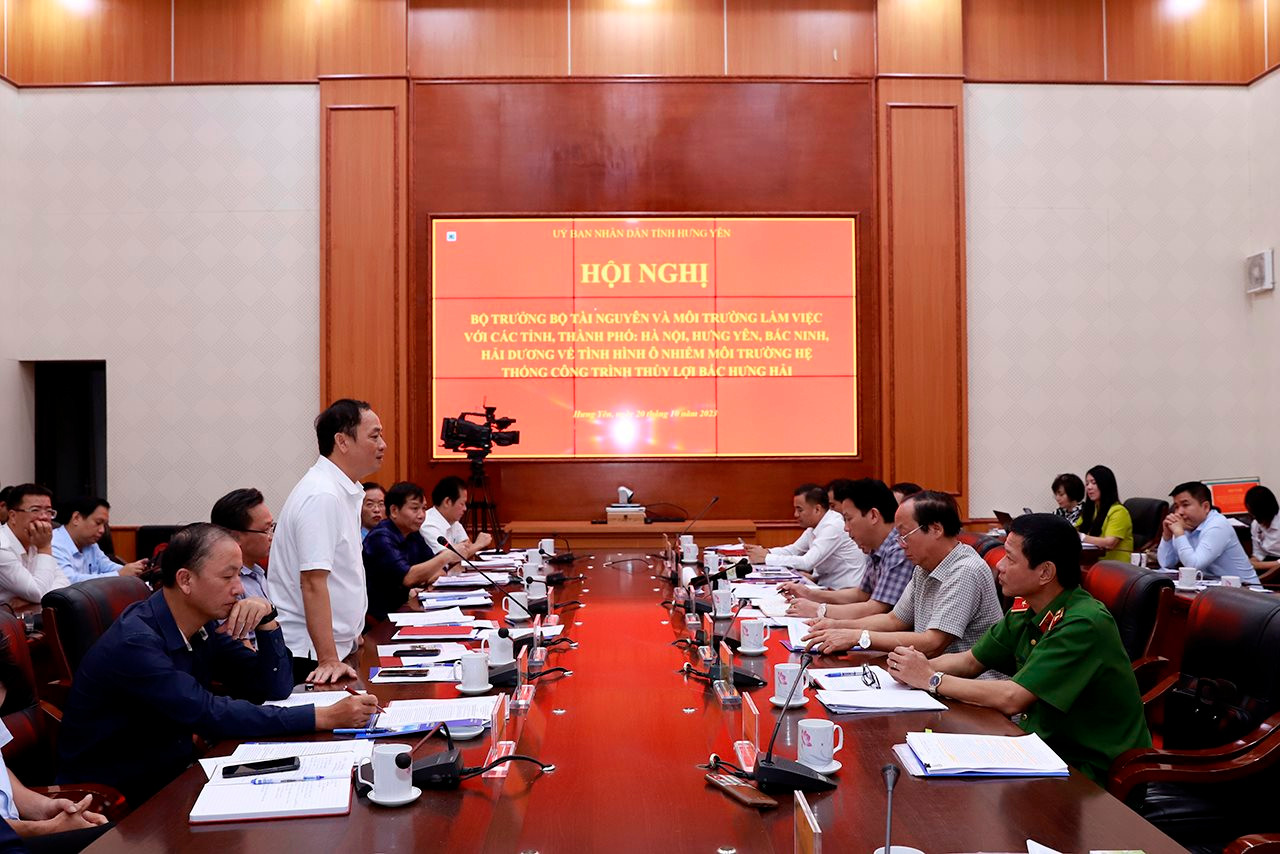
For Hung Yen, the province currently strictly assesses the environment of investment projects, resolutely refusing to accept projects with high risk of causing environmental pollution; for units with large discharges into the environment, the wastewater column must reach column A. In addition, Hung Yen province regularly inspects, checks, and monitors large discharge points, setting up over 100 automatic monitoring points to attach responsibility to enterprises in environmental protection.
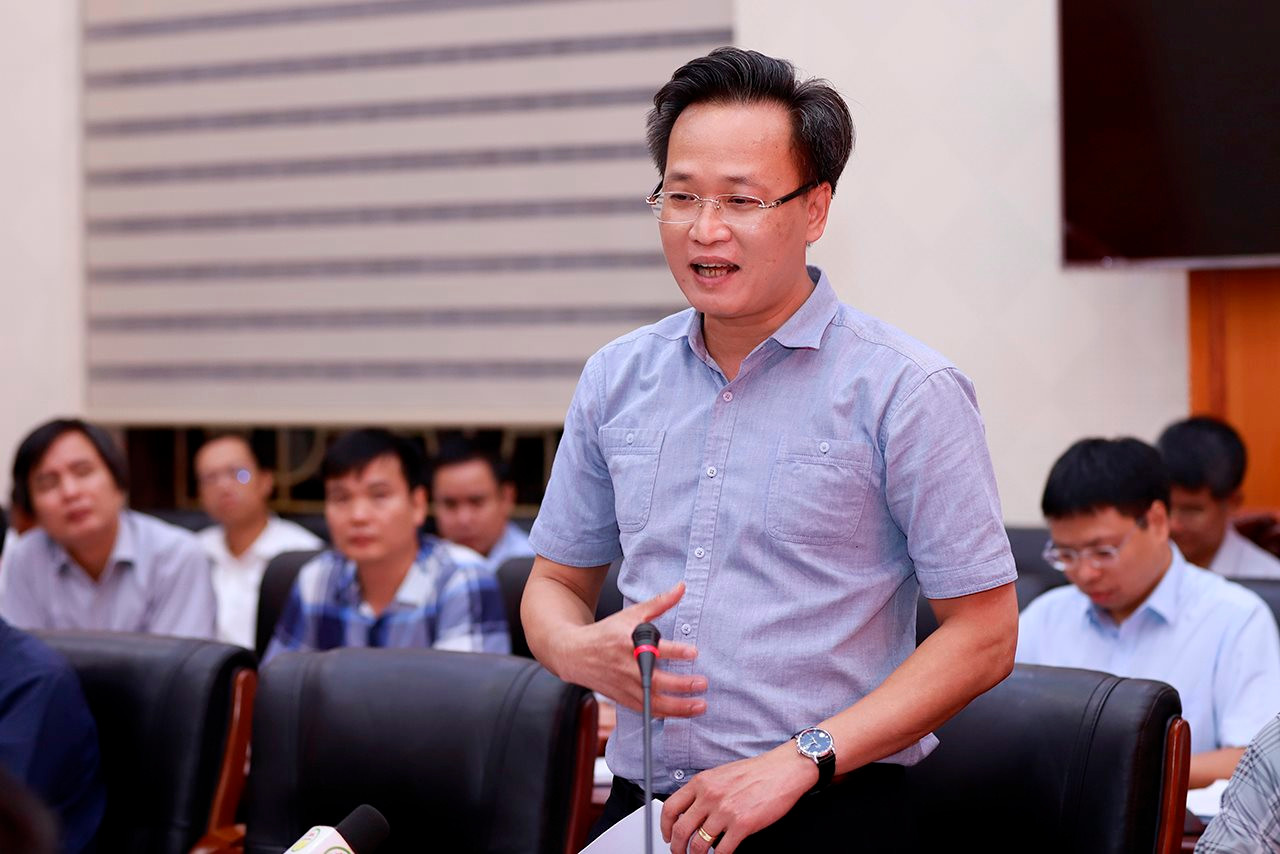
Hung Yen Provincial Party Secretary Nguyen Huu Nghia proposed to the Ministry of Natural Resources and Environment to establish a steering committee with inter-sectoral and inter-local coordination with great determination, allocating resources to handle existing pollution and prevent new pollution sources from arising. Regularly inspect, monitor and handle violations related to water pollution in general and the Bac Hung Hai irrigation system in particular.
Concluding the meeting, Minister of Natural Resources and Environment Dang Quoc Khanh requested close and effective participation and close coordination of ministries, branches and localities in protecting the environment of the Bac Hung Hai irrigation system. Through this survey and meeting, the Ministry of Natural Resources and Environment will synthesize opinions, research and propose to the Government to develop a project on handling and controlling environmental pollution of the Bac Hung Hai irrigation system.
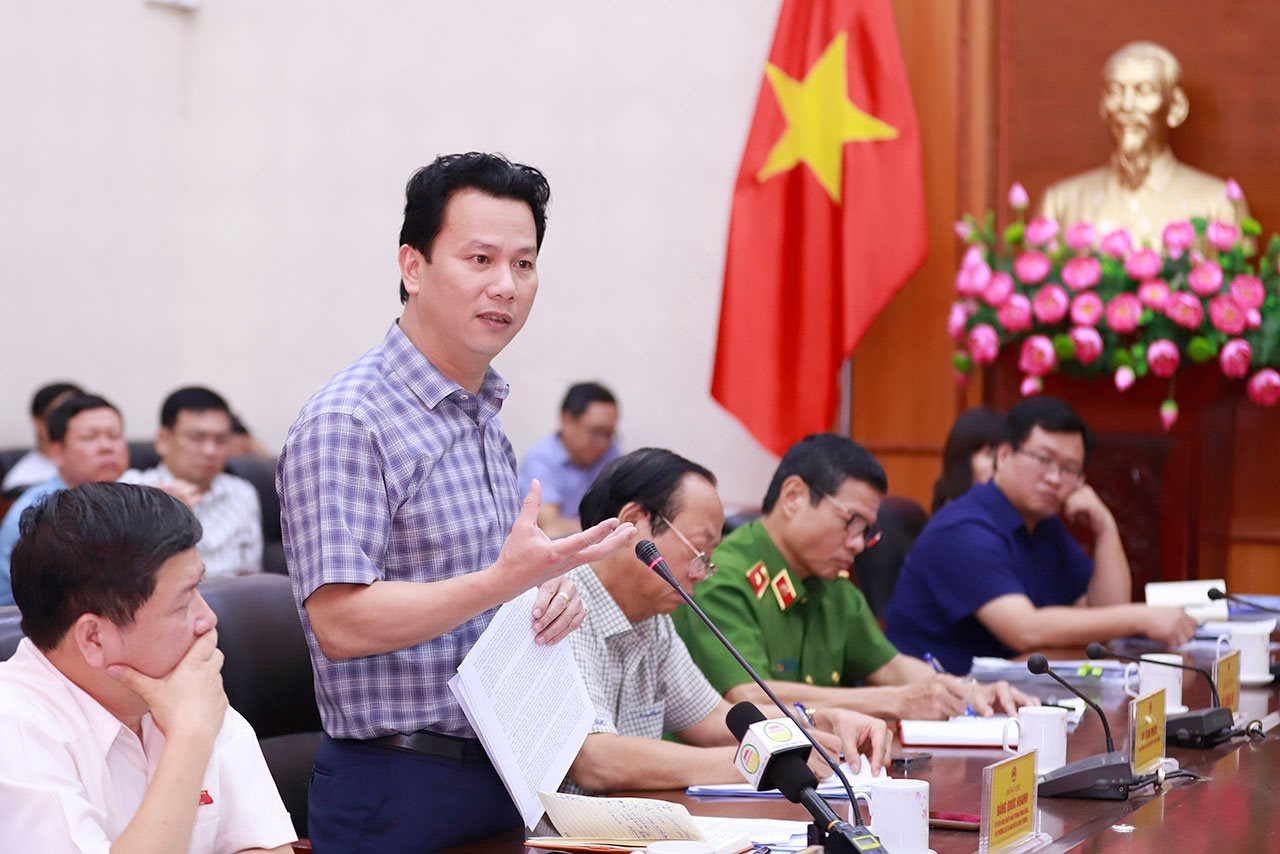
Regarding solutions, Minister Dang Quoc Khanh suggested that localities and specialized units build a shared database system to manage sources of discharge into the Bac Hung Hai system, install surface water monitoring networks for the Bac Hung Hai irrigation system and maintain regular monitoring, thereby indicating the sources of discharge and having periodic reports. The Minister assigned the Department of Environmental Pollution Control to coordinate with specialized units to more closely review the sources of discharge and calculate the load capacity of the Bac Hung Hai irrigation system to include in the solution roadmap for the coming time.
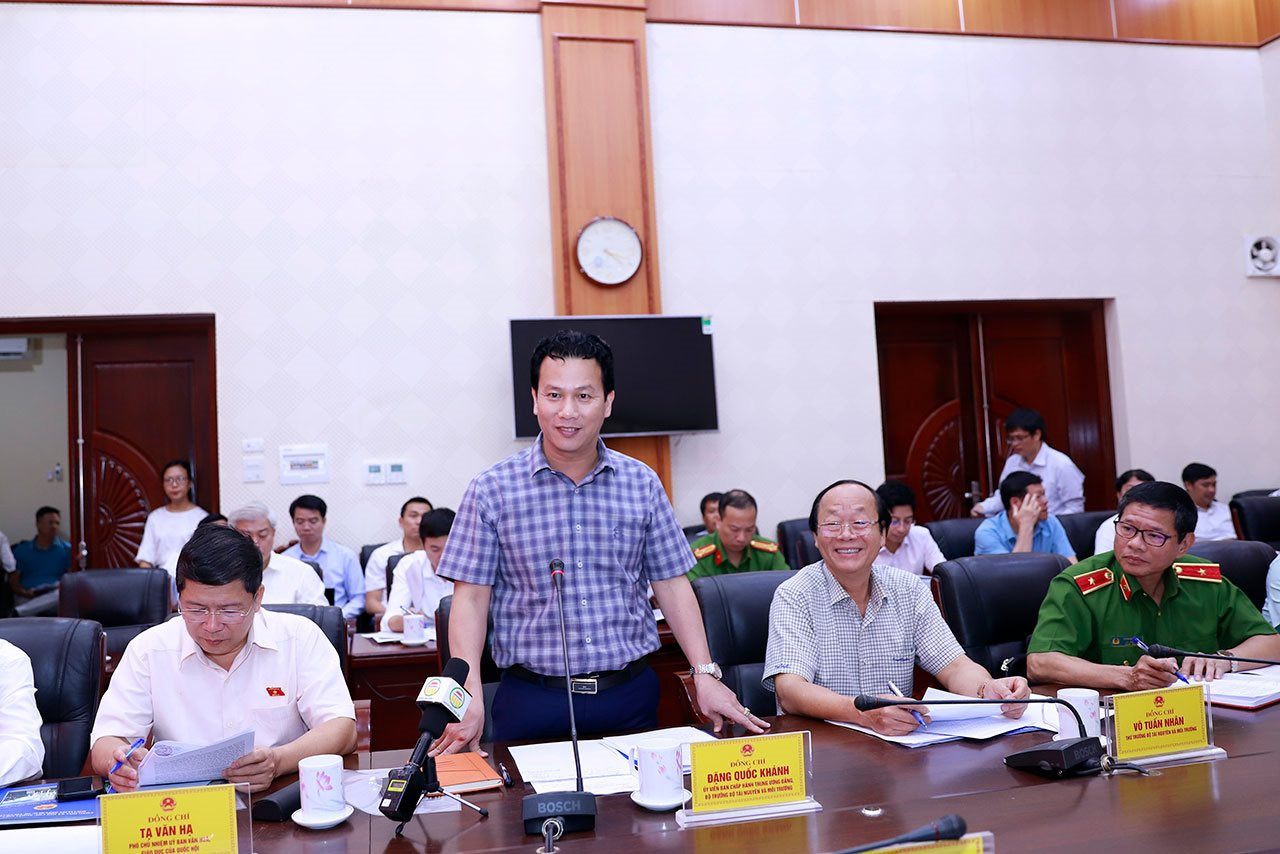
Minister Dang Quoc Khanh highly appreciated the commitment of localities in protecting the environment of the Bac Hung Hai irrigation system, and requested that localities report and share specific methods. At the same time, he requested strict control of investment projects, production areas must have wastewater treatment systems that meet standards, and inspection of projects and facilities that do not meet environmental protection requirements. For new projects and facilities, it is mandatory to have a collection and treatment system, and craft villages must also comply with these regulations.
In addition, Minister Dang Quoc Khanh requested Hanoi city to soon deploy the construction of a domestic wastewater treatment system in Long Bien district as well as a wastewater drainage system in Gia Lam district to limit discharge into the Bac Hung Hai irrigation system.
Minister Dang Quoc Khanh emphasized the need to continue to promote propaganda and mobilize people and businesses to raise awareness of environmental protection in general and the environment of the Bac Hung Hai irrigation system in particular.
Source


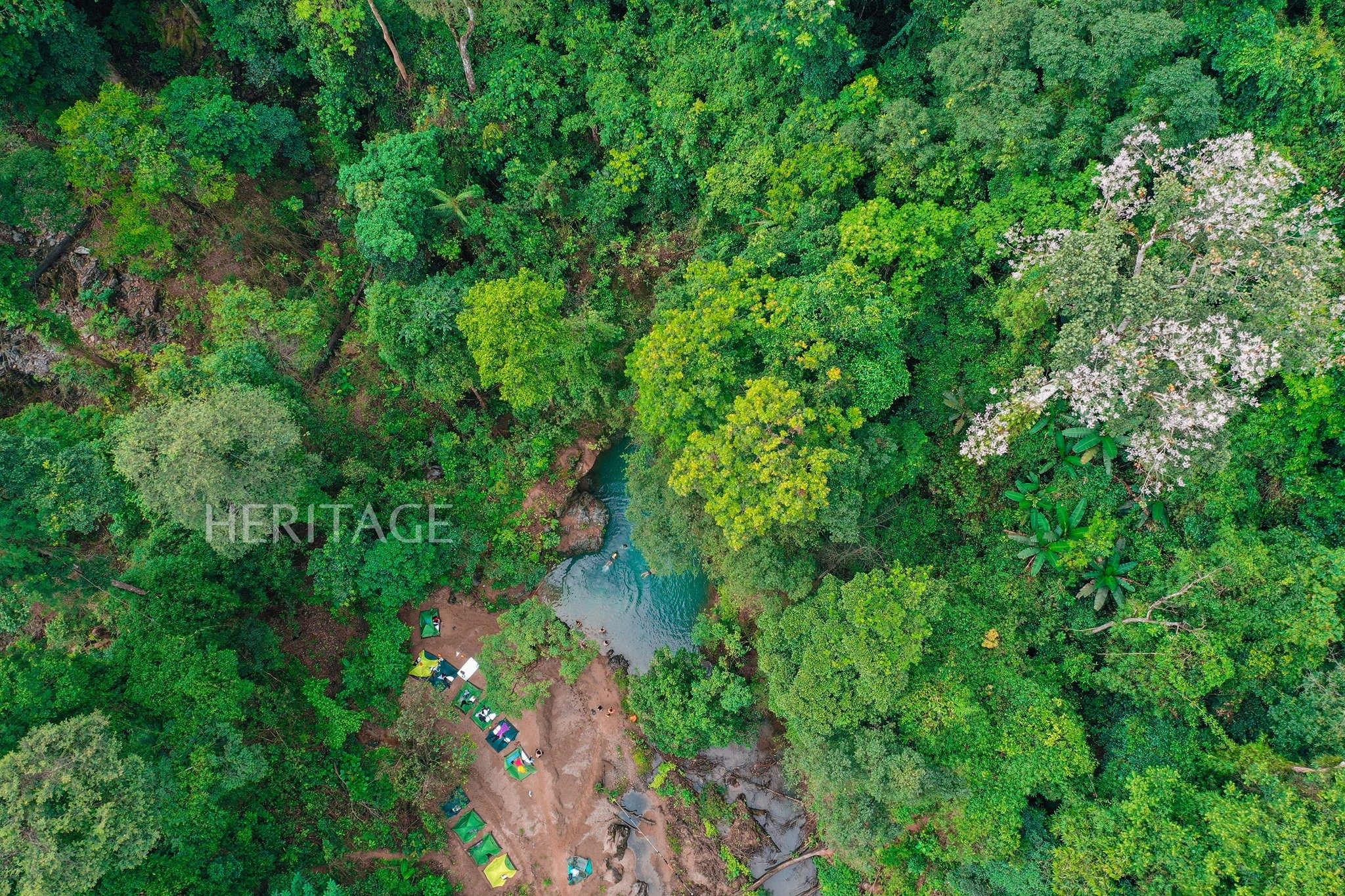
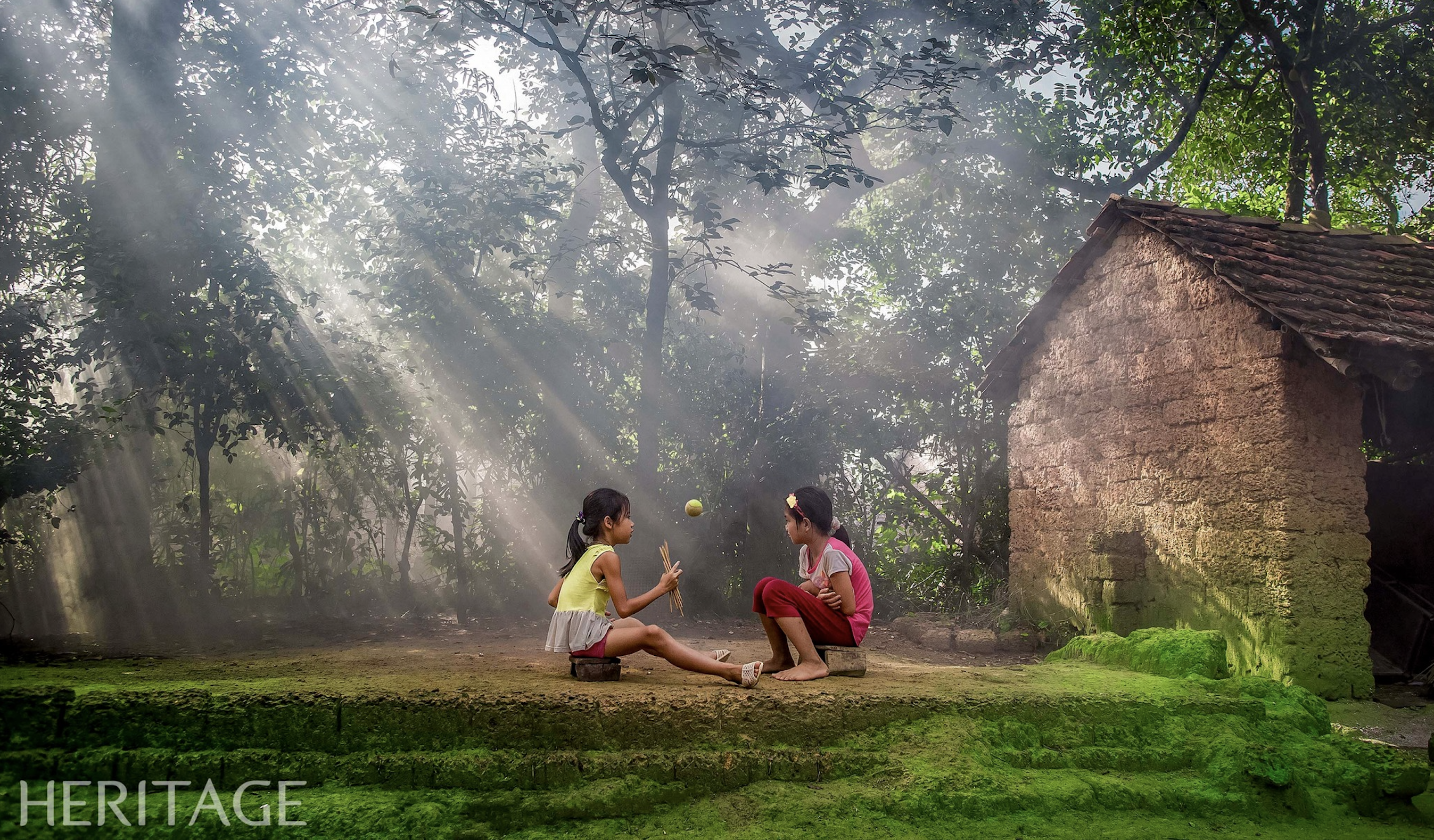
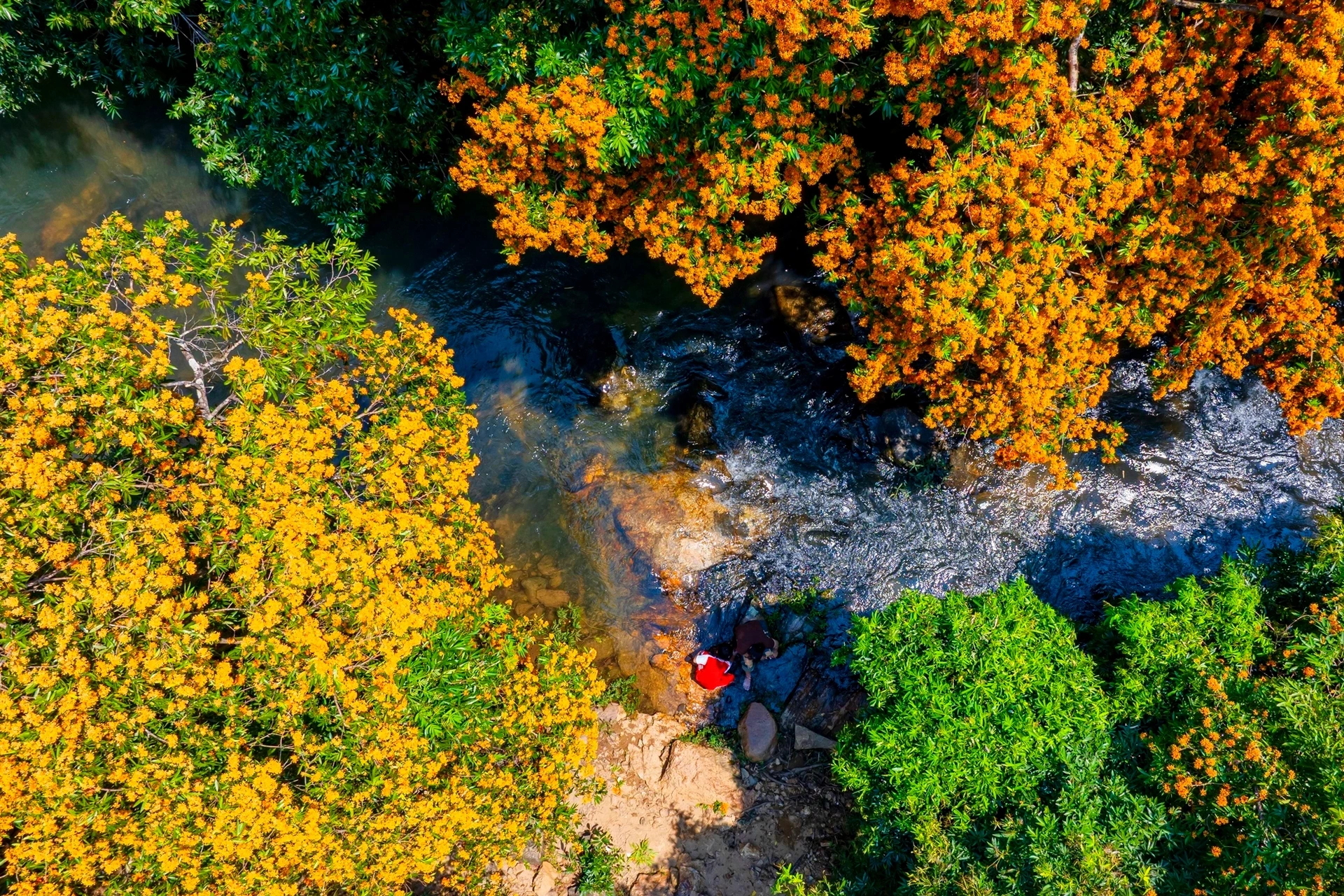
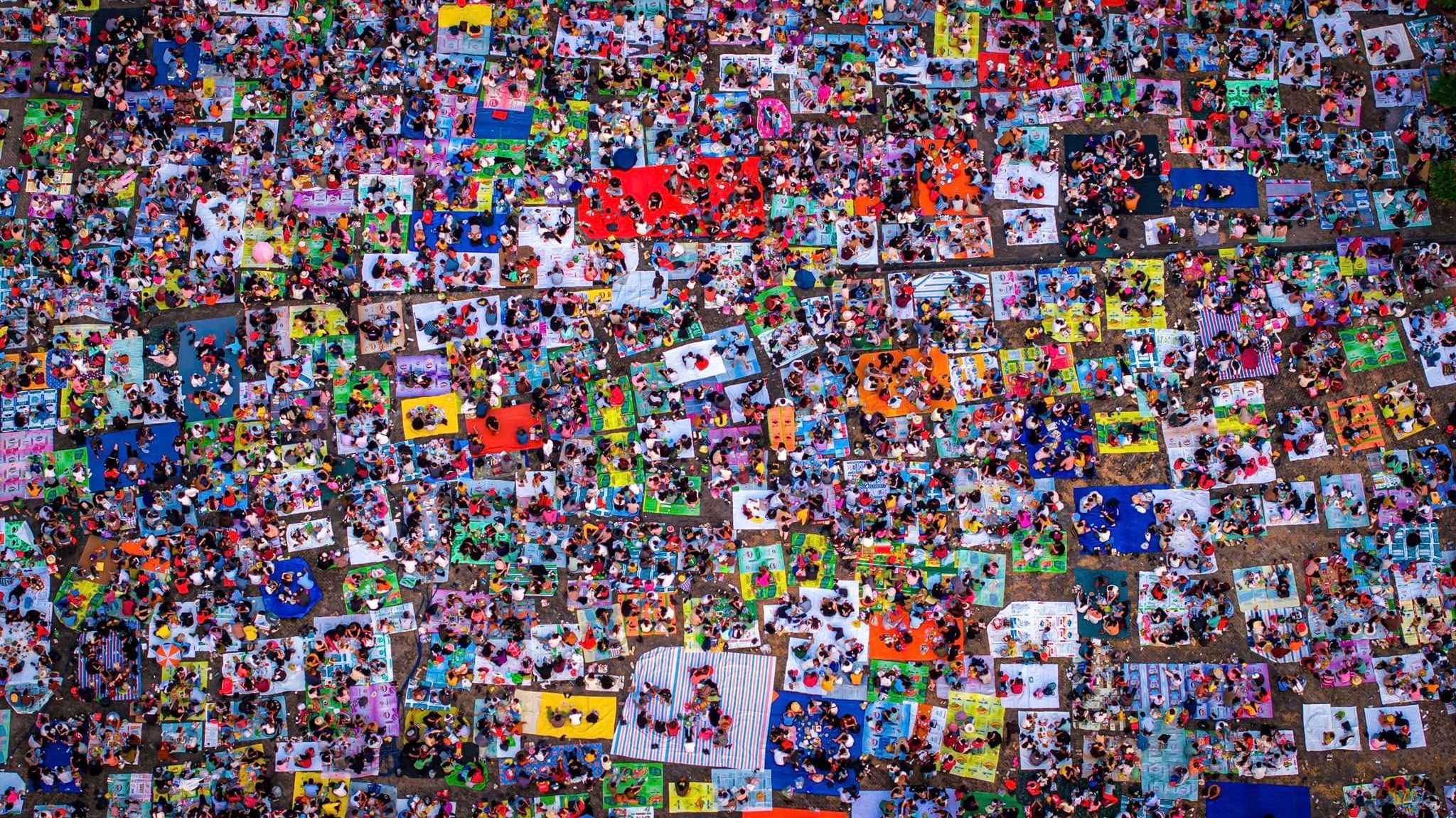
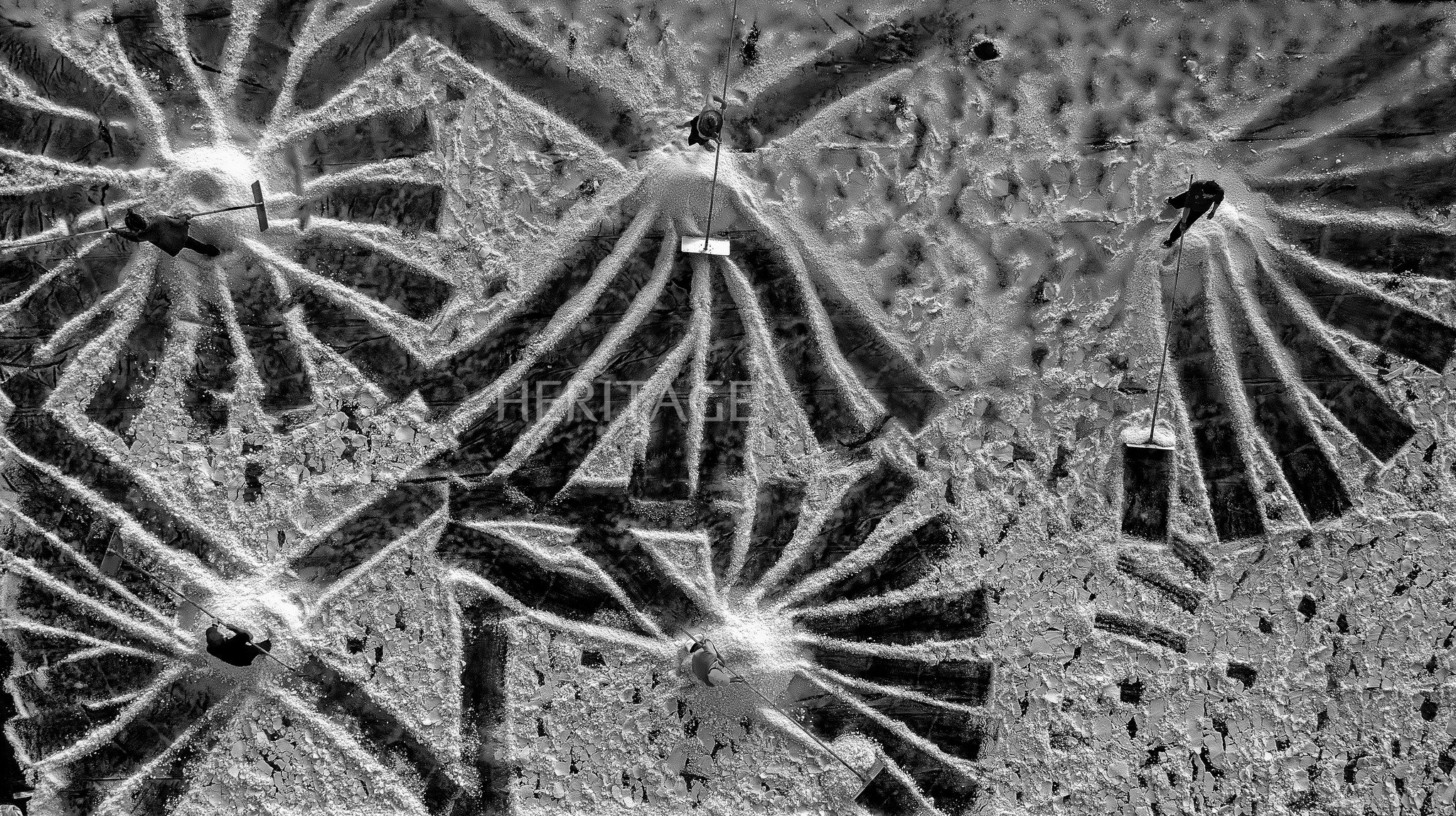
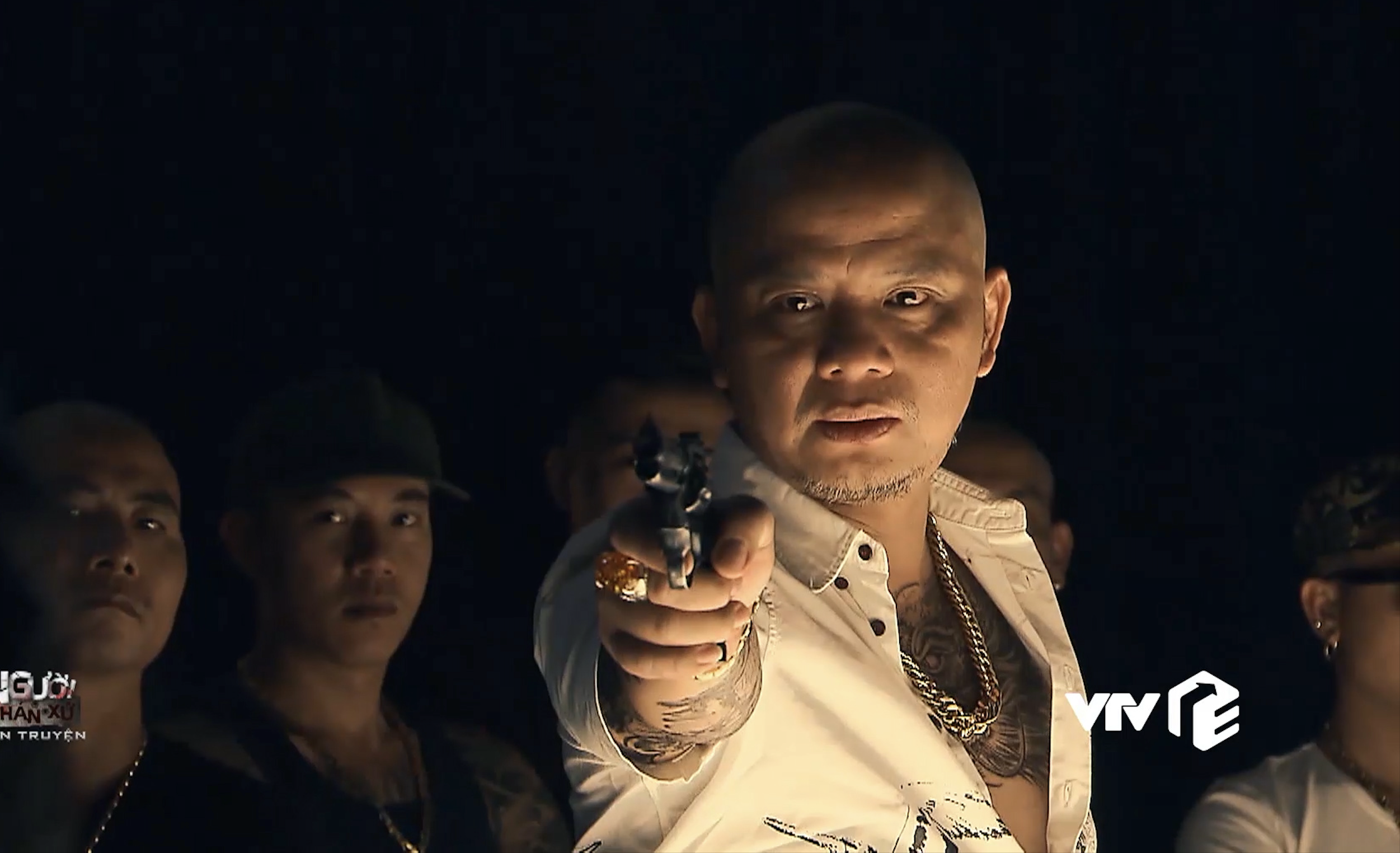
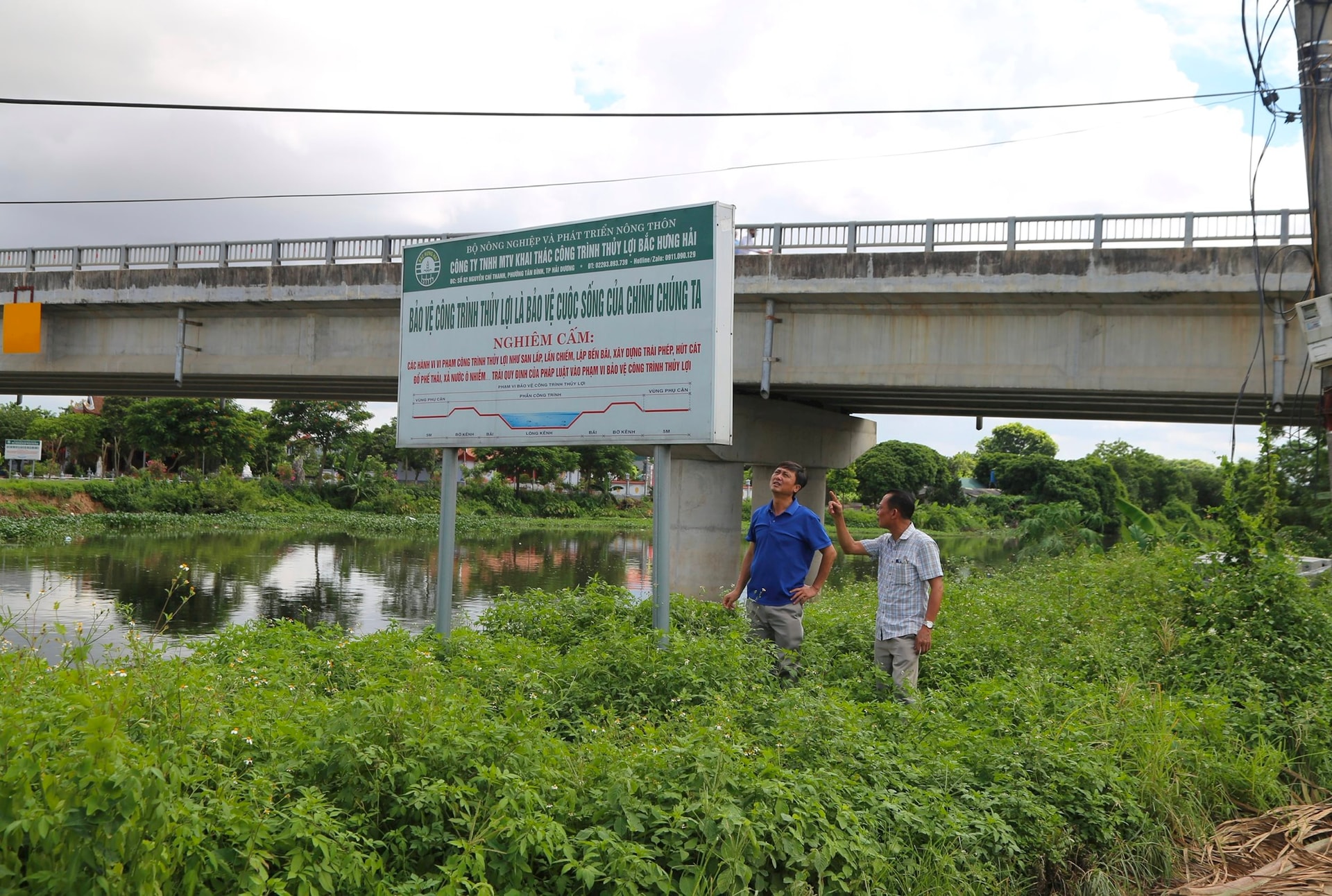

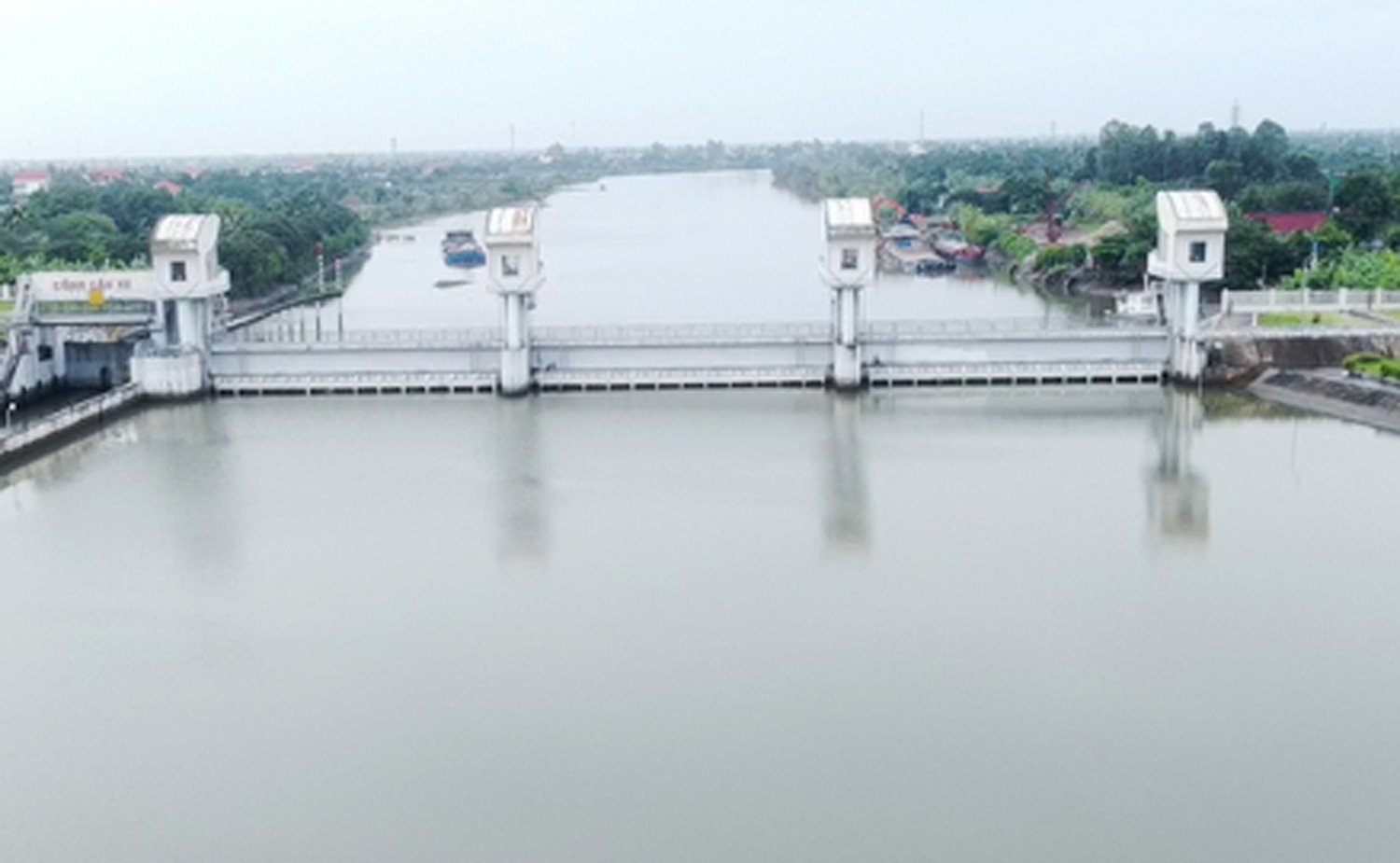
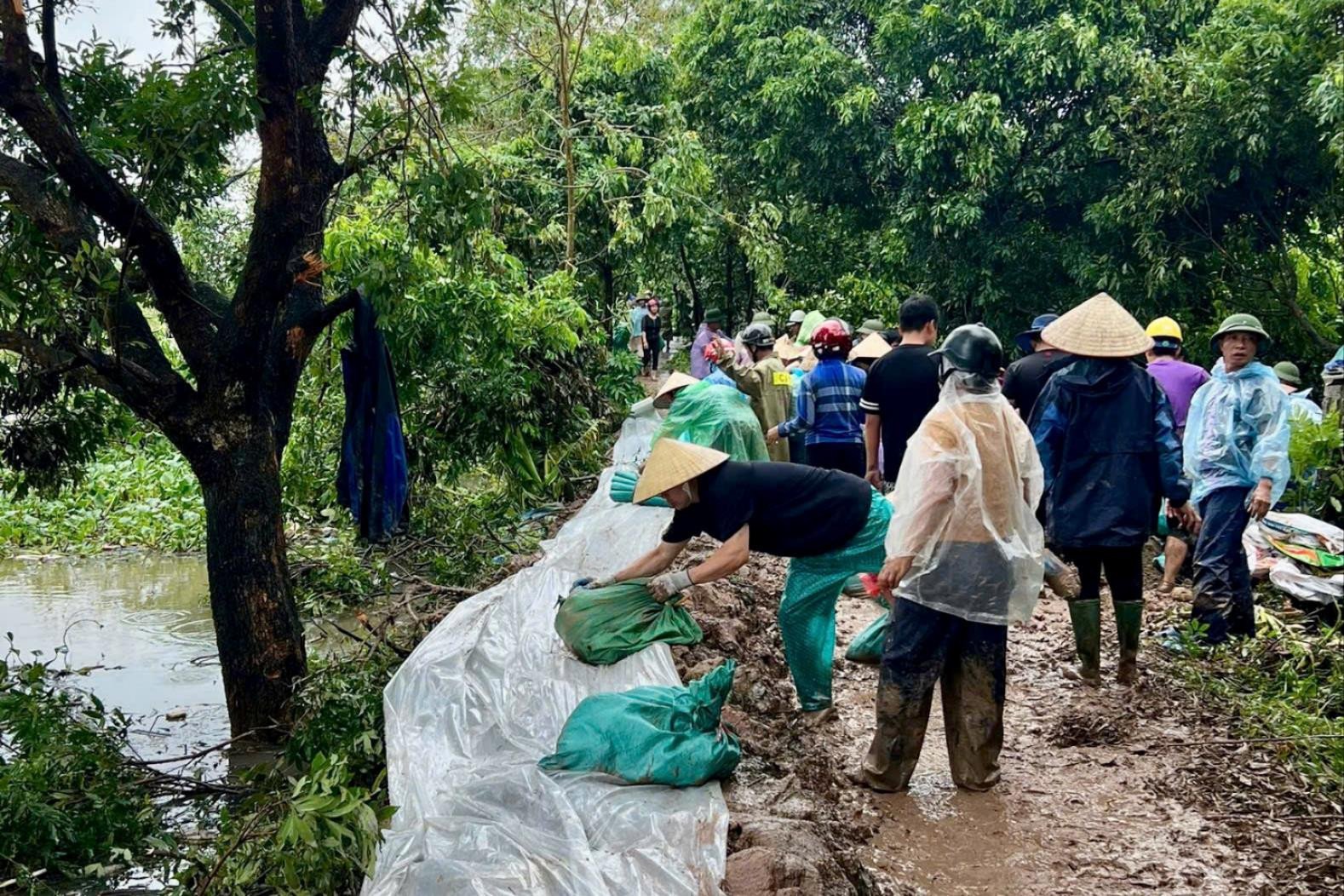
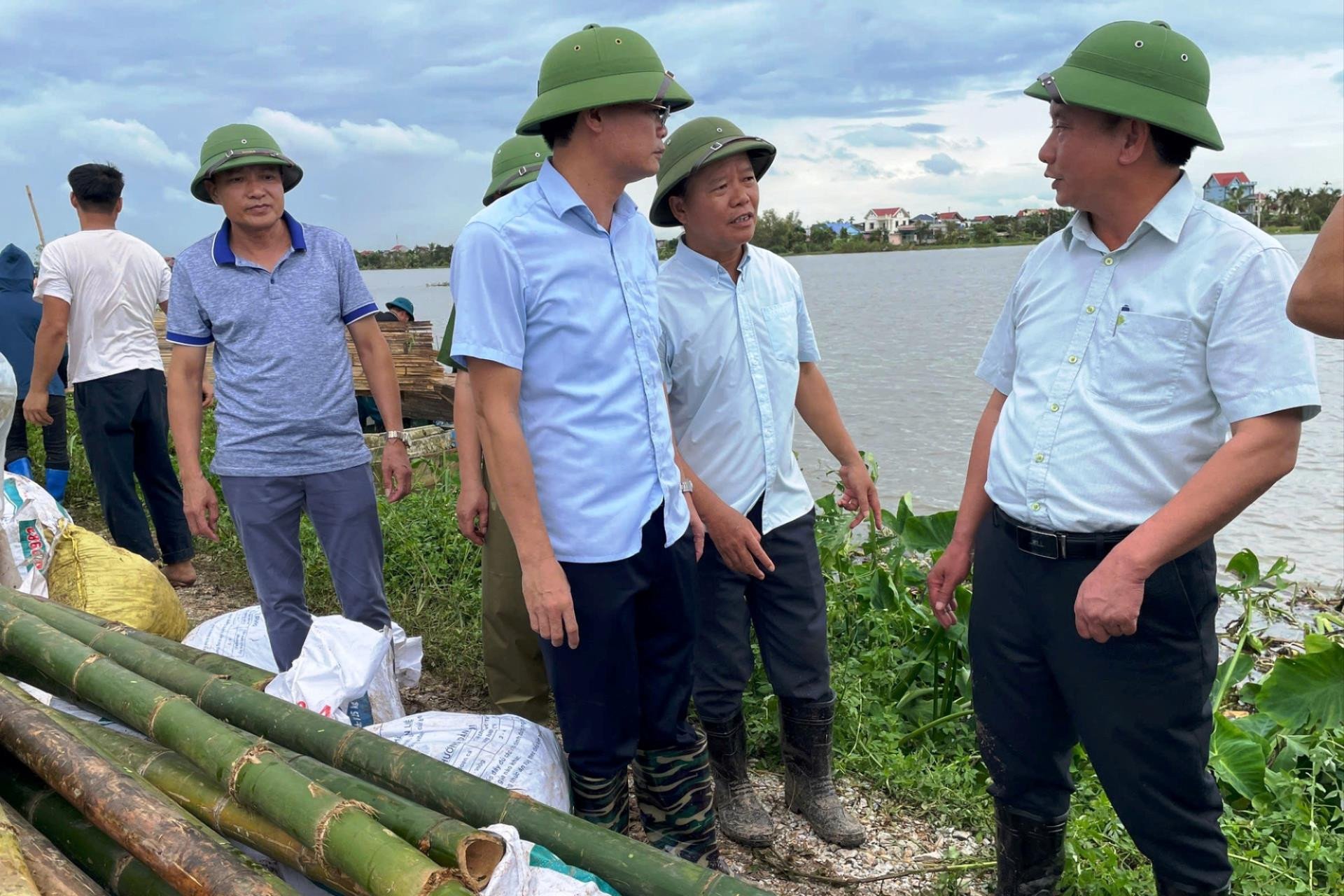
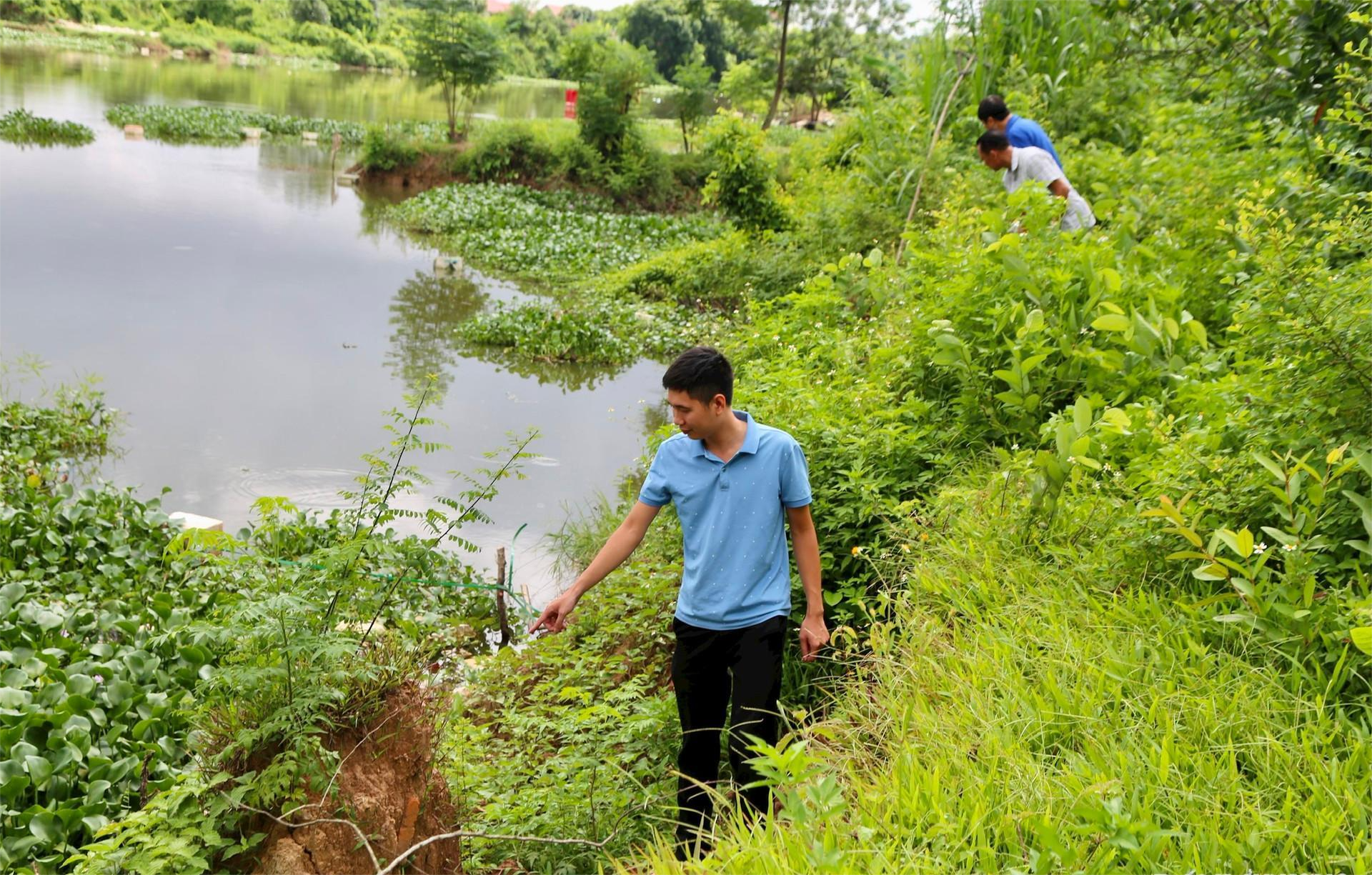
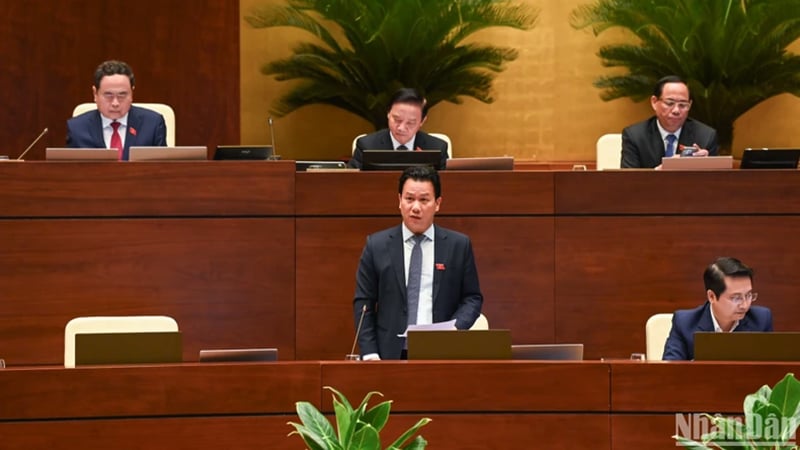
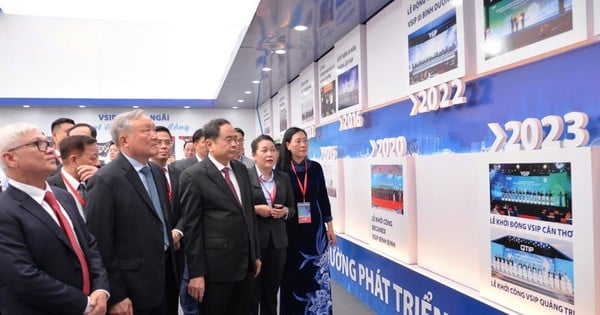

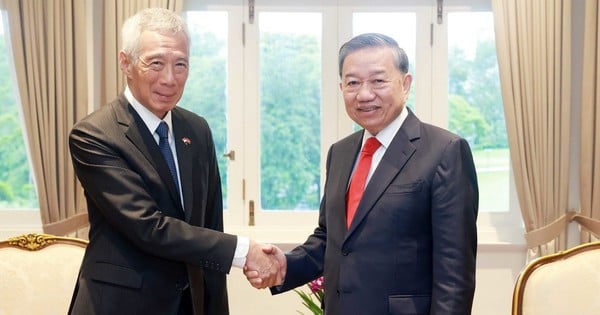
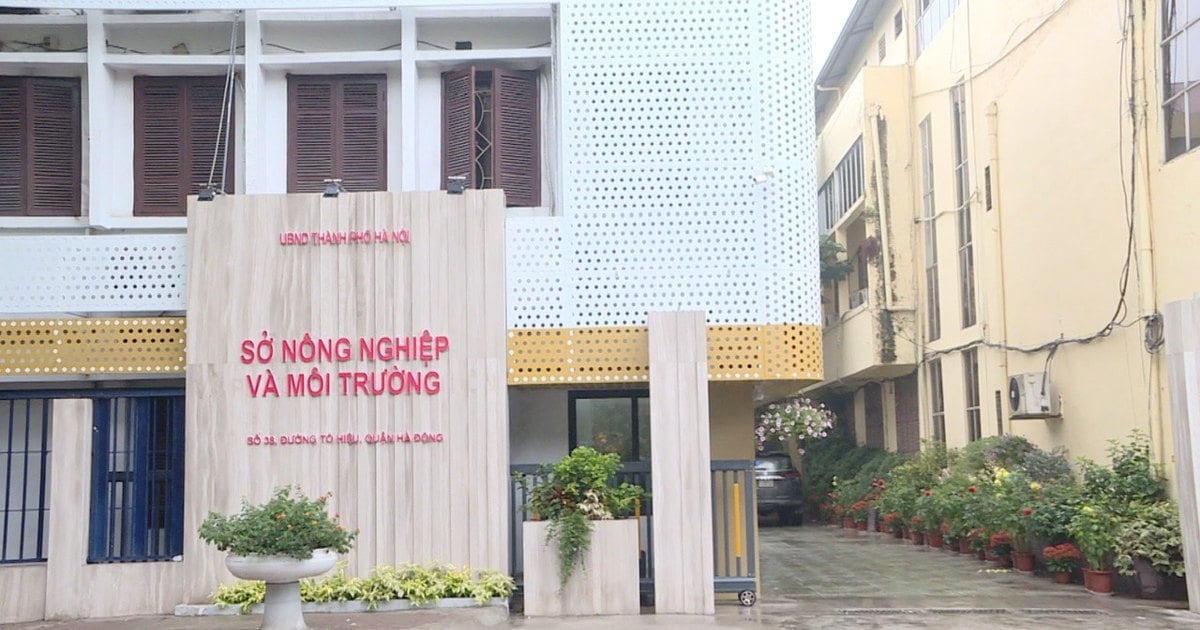

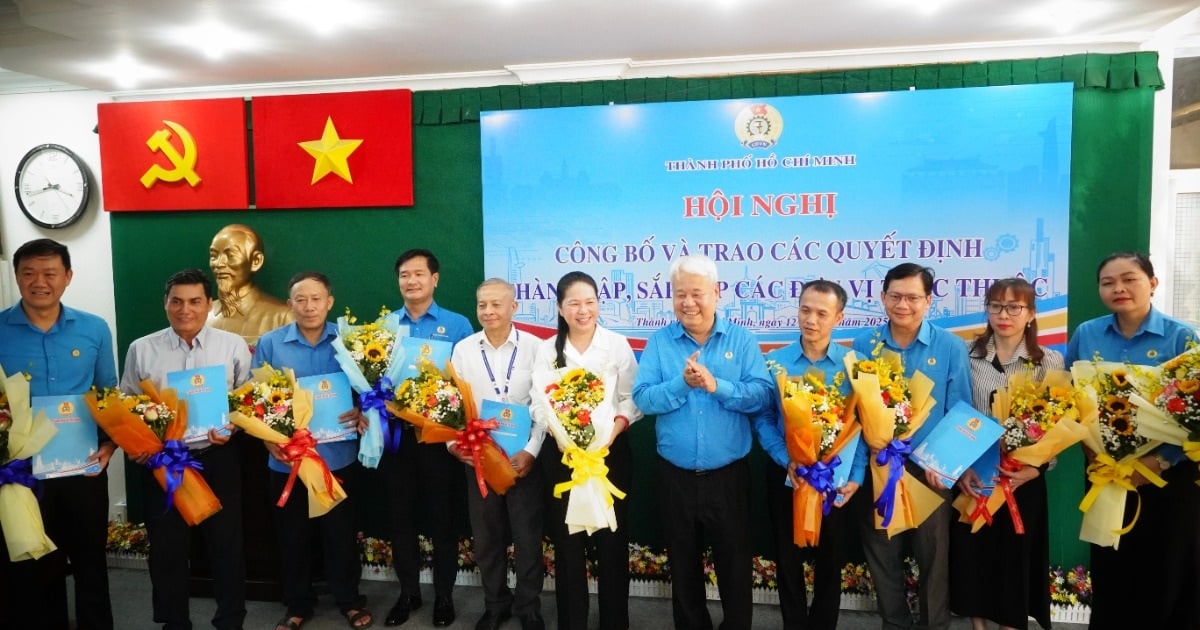



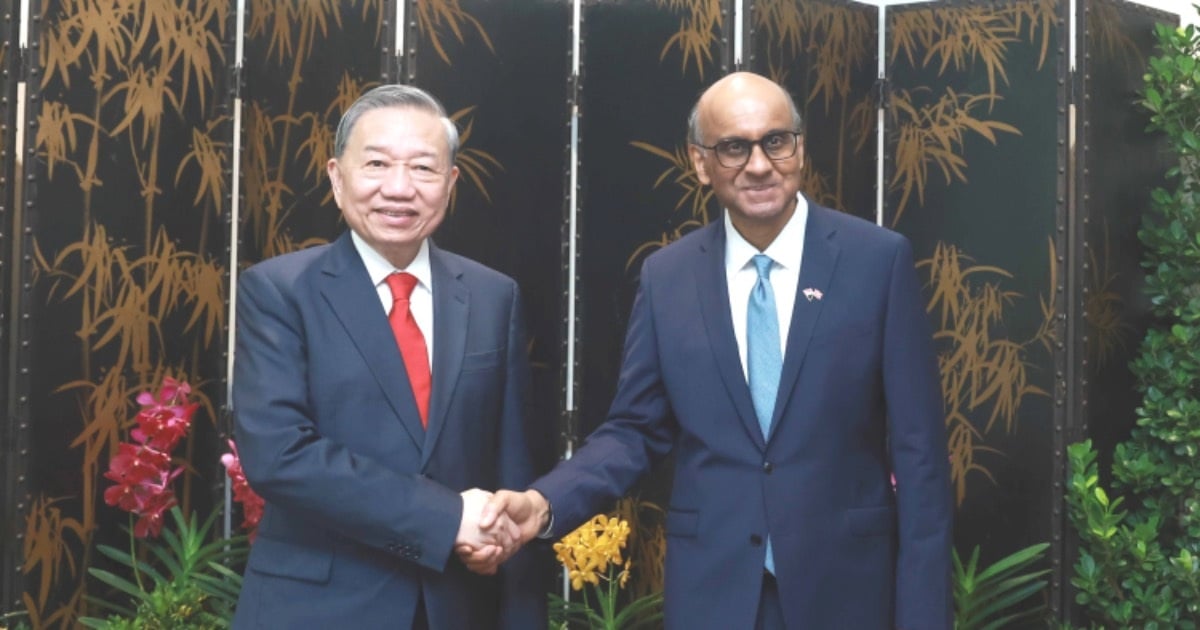



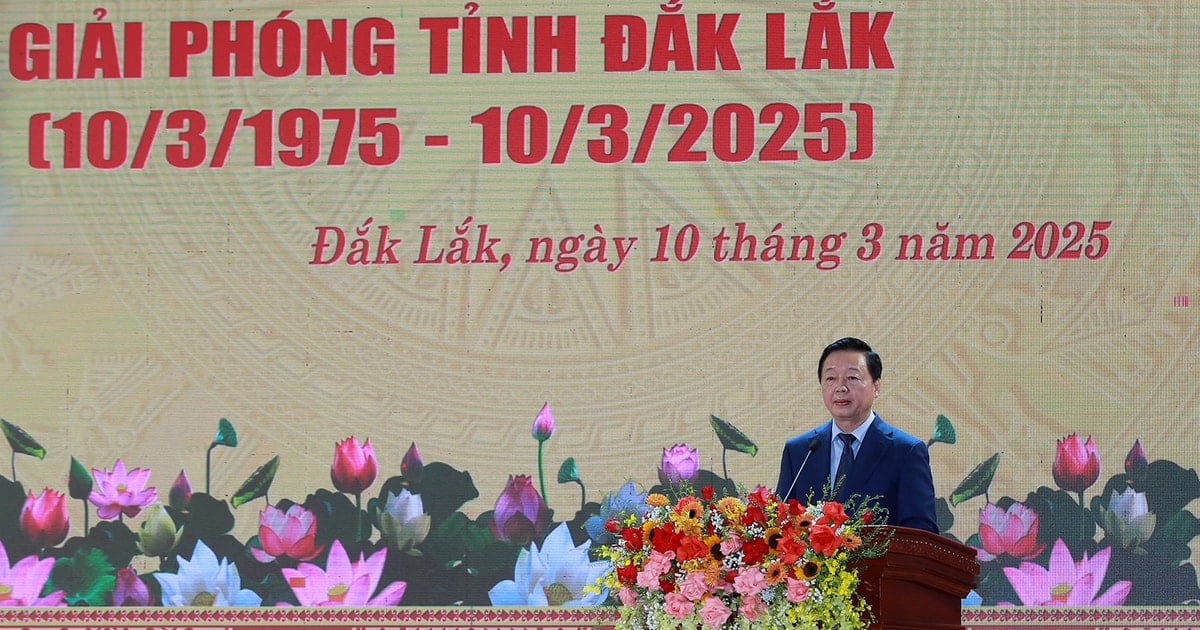
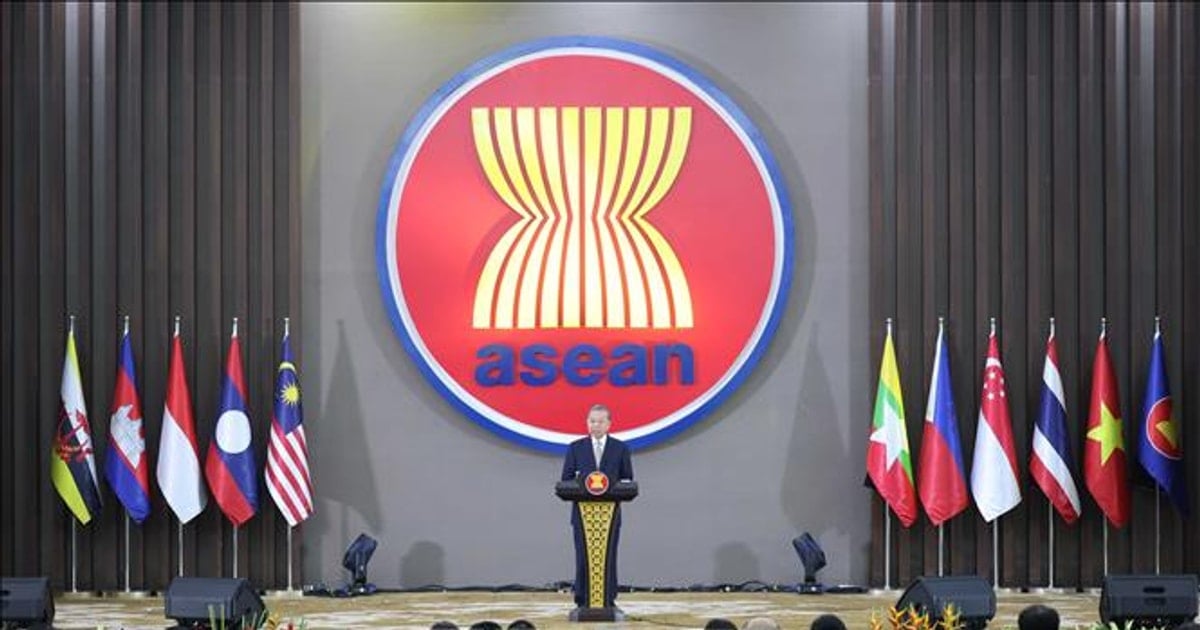
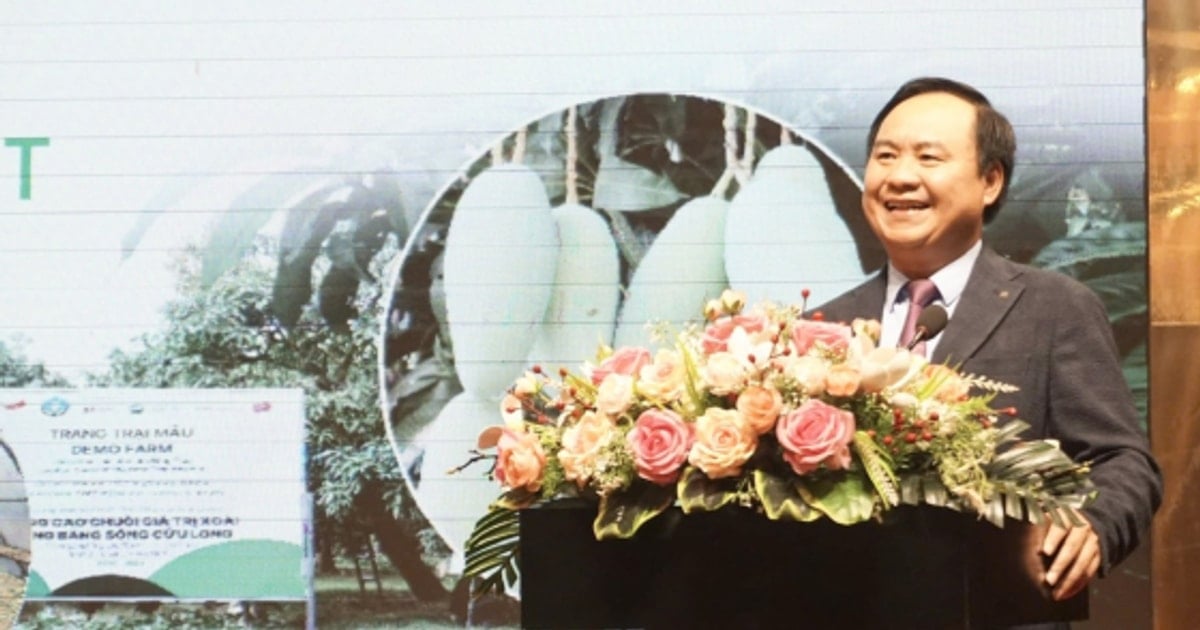
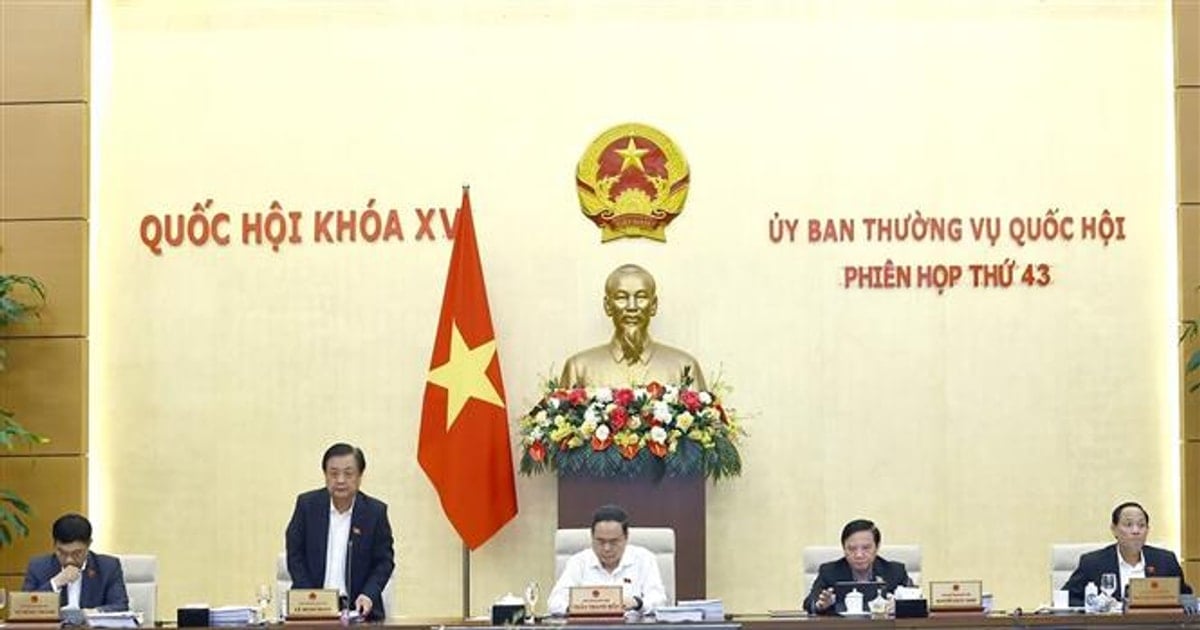

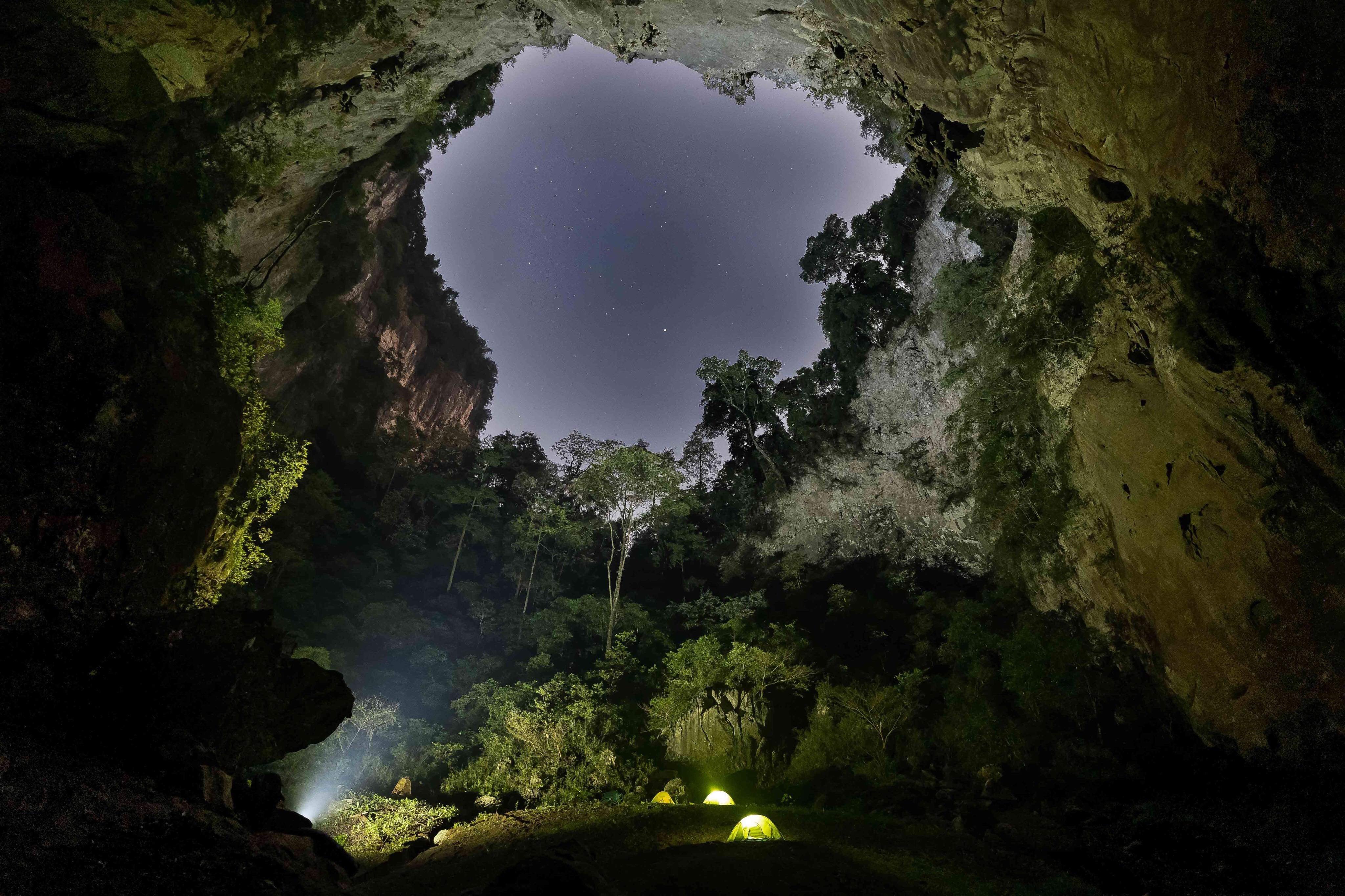
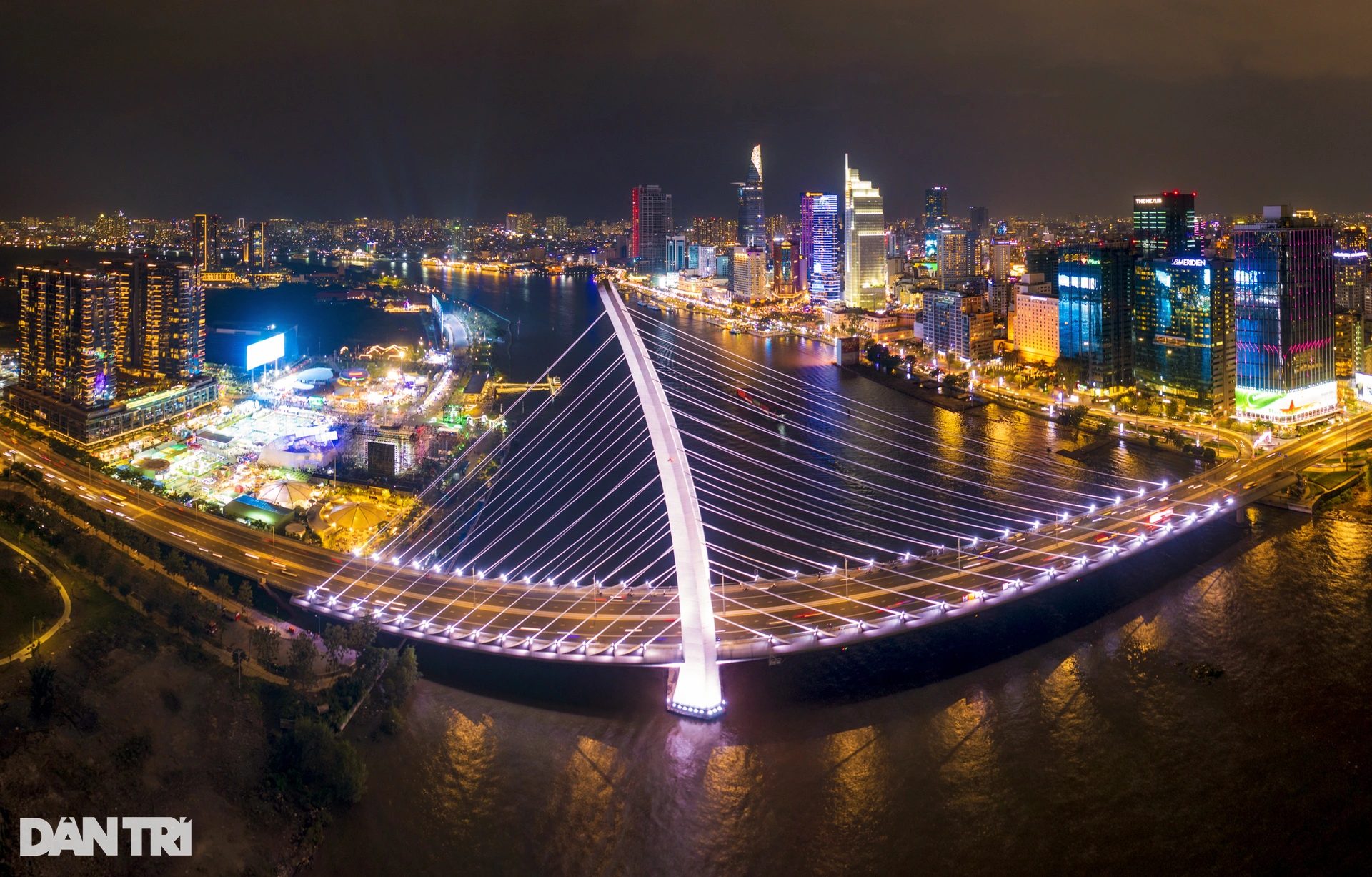
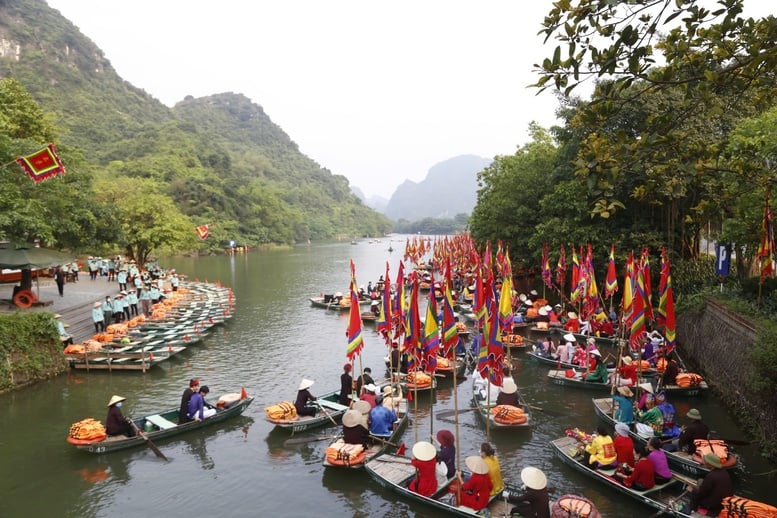


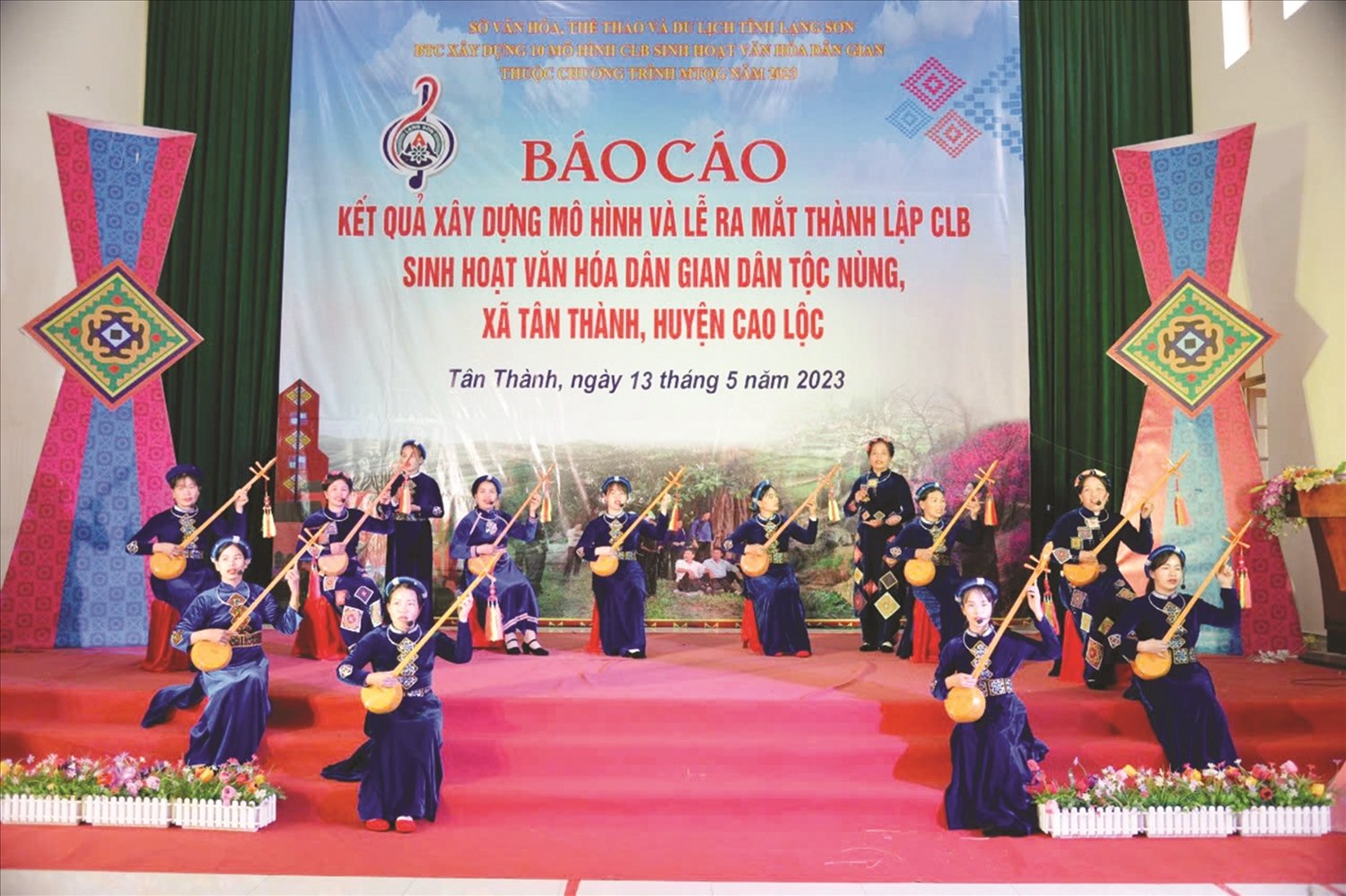

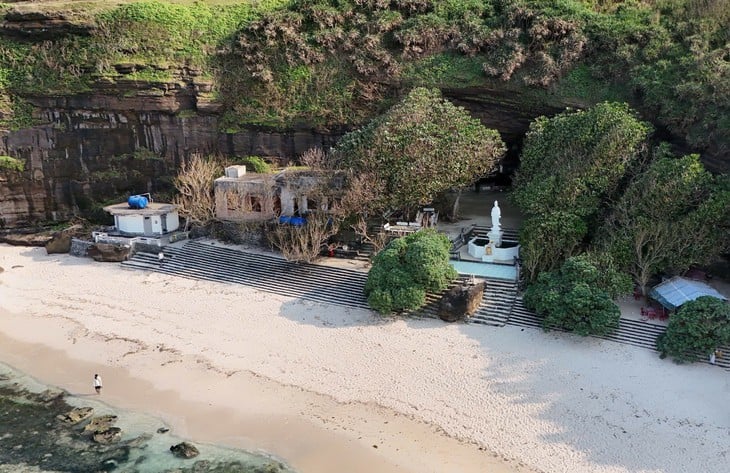






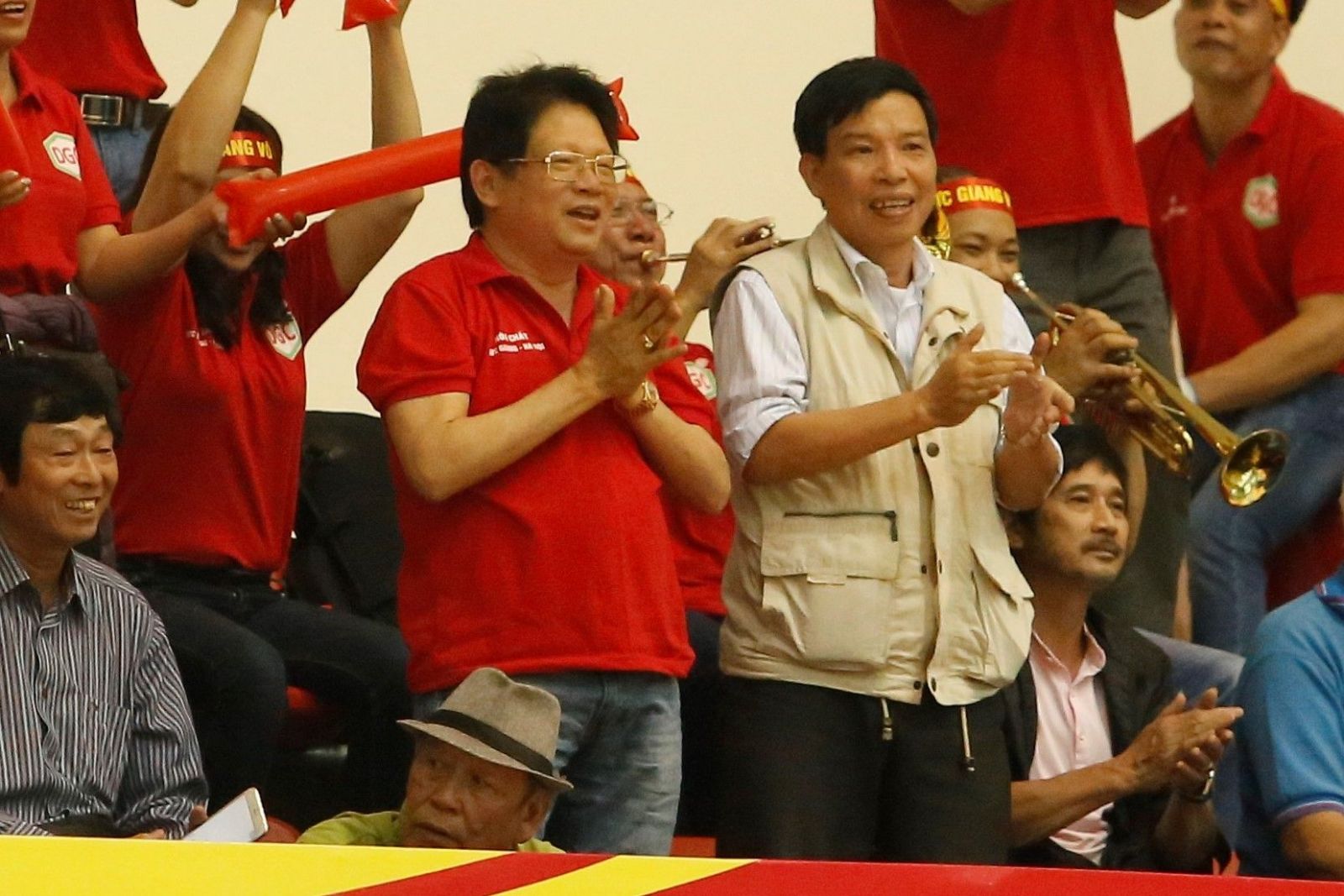

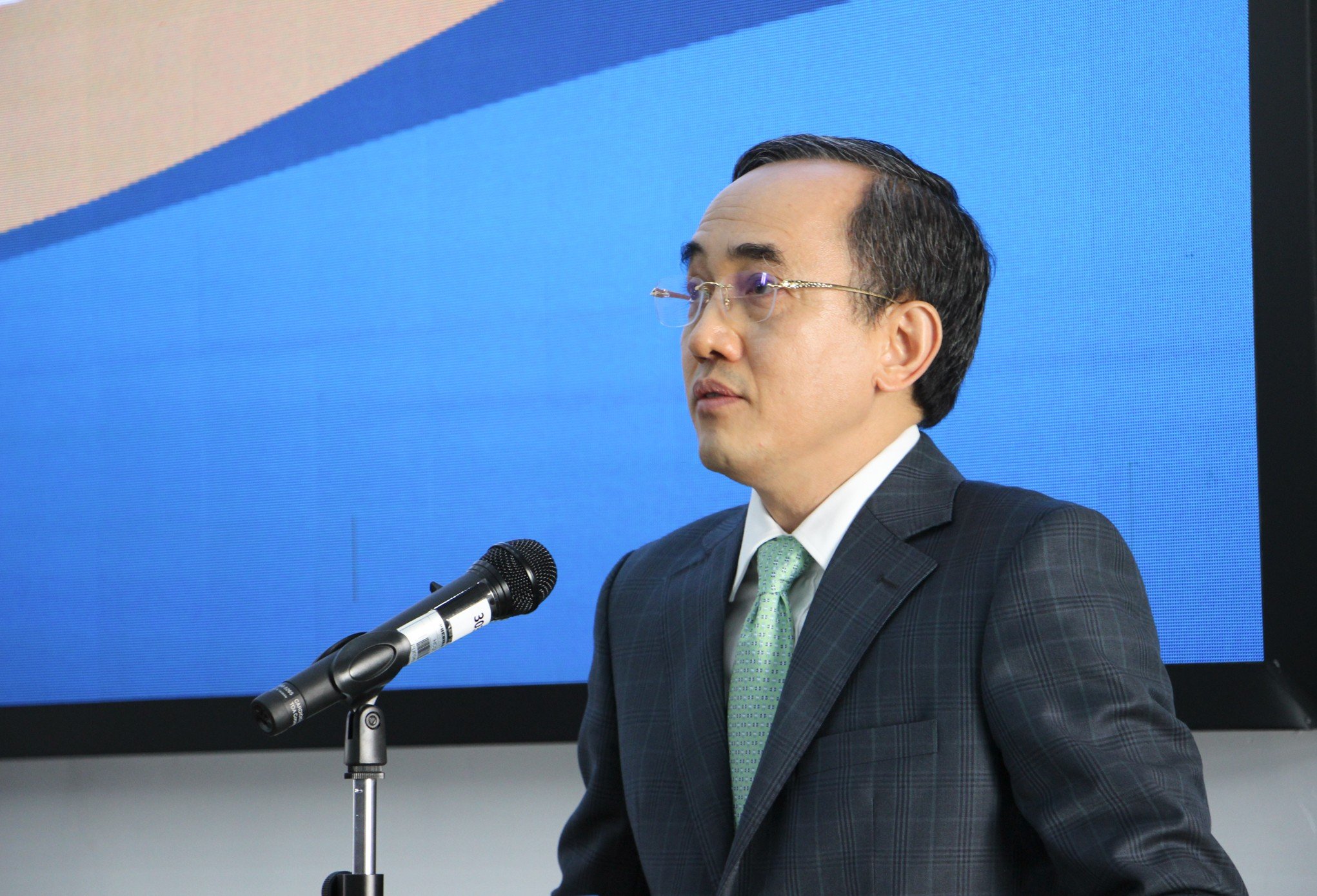

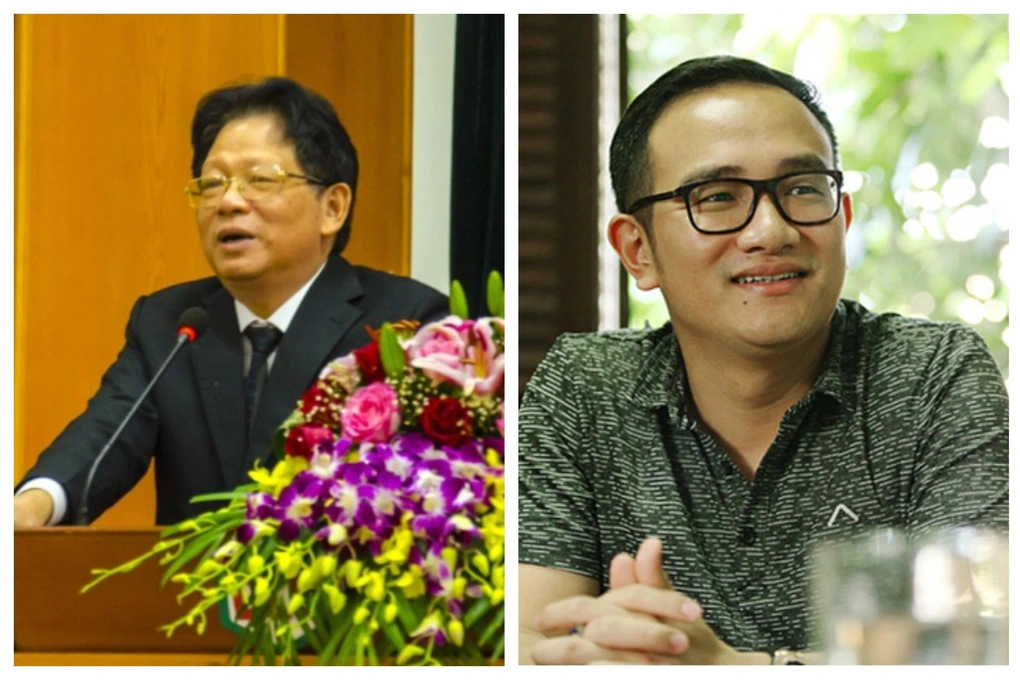
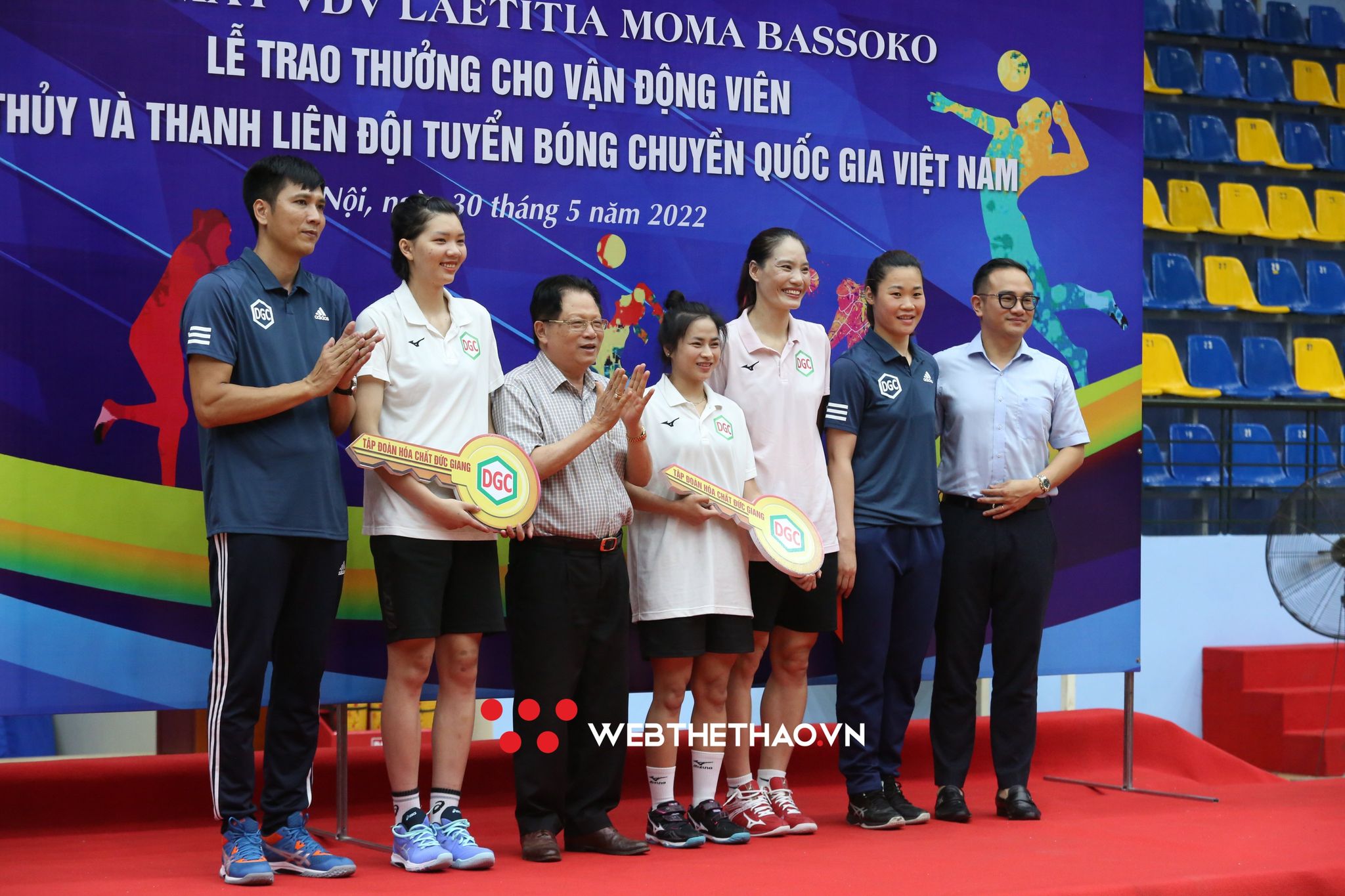

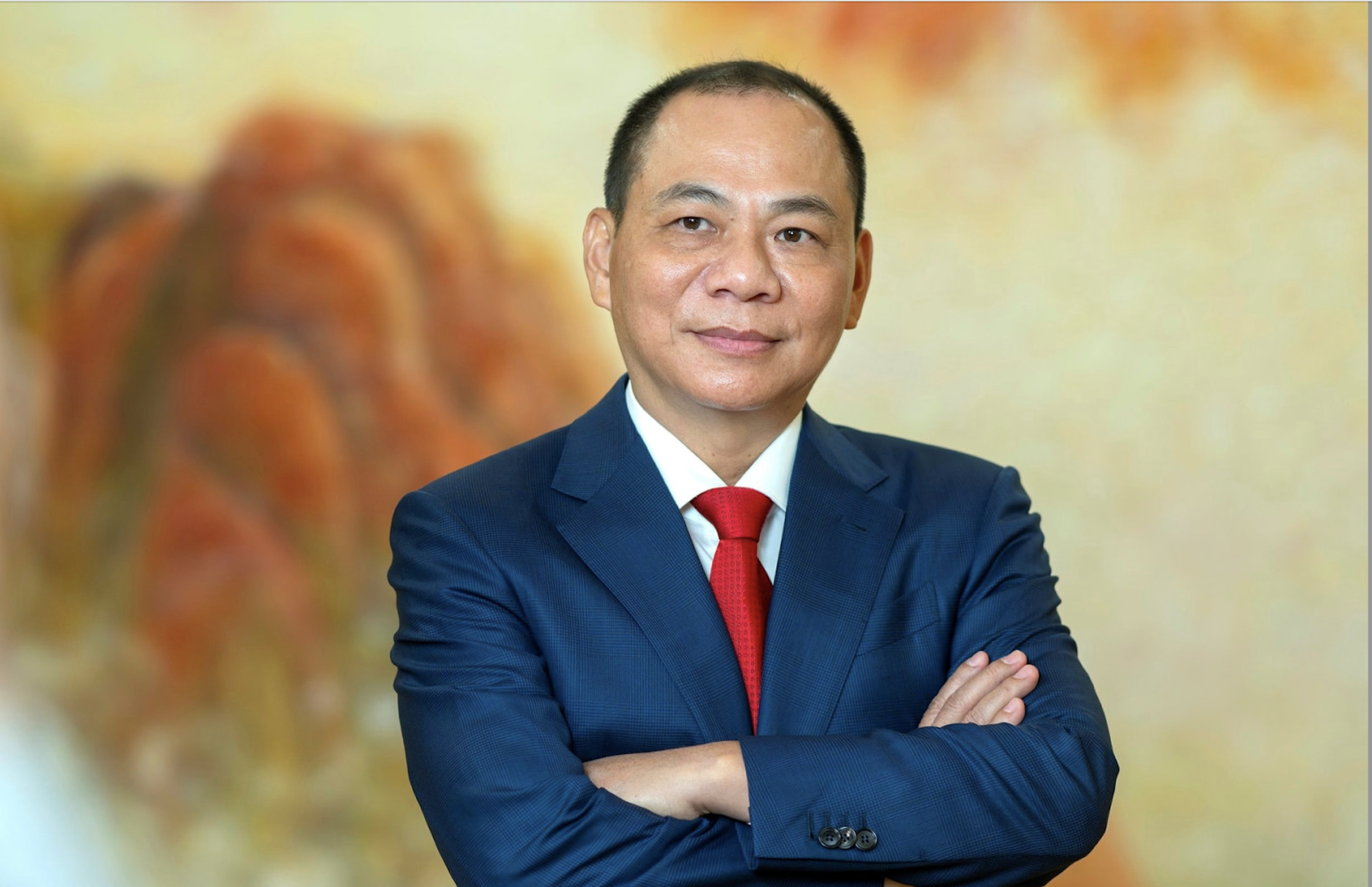







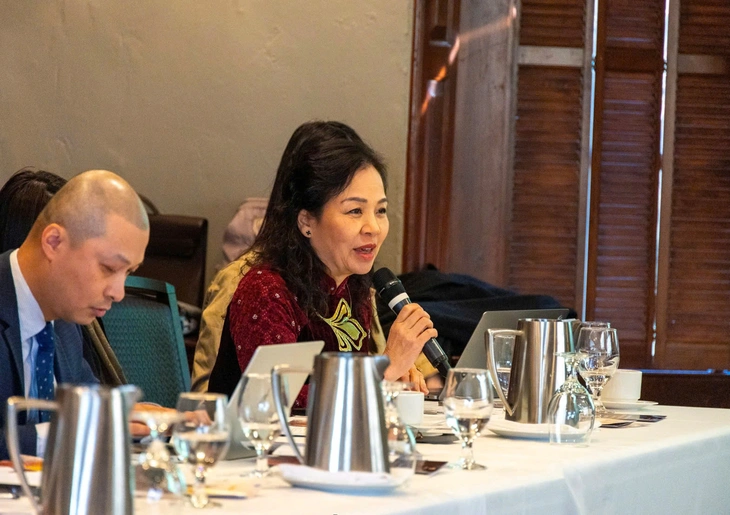
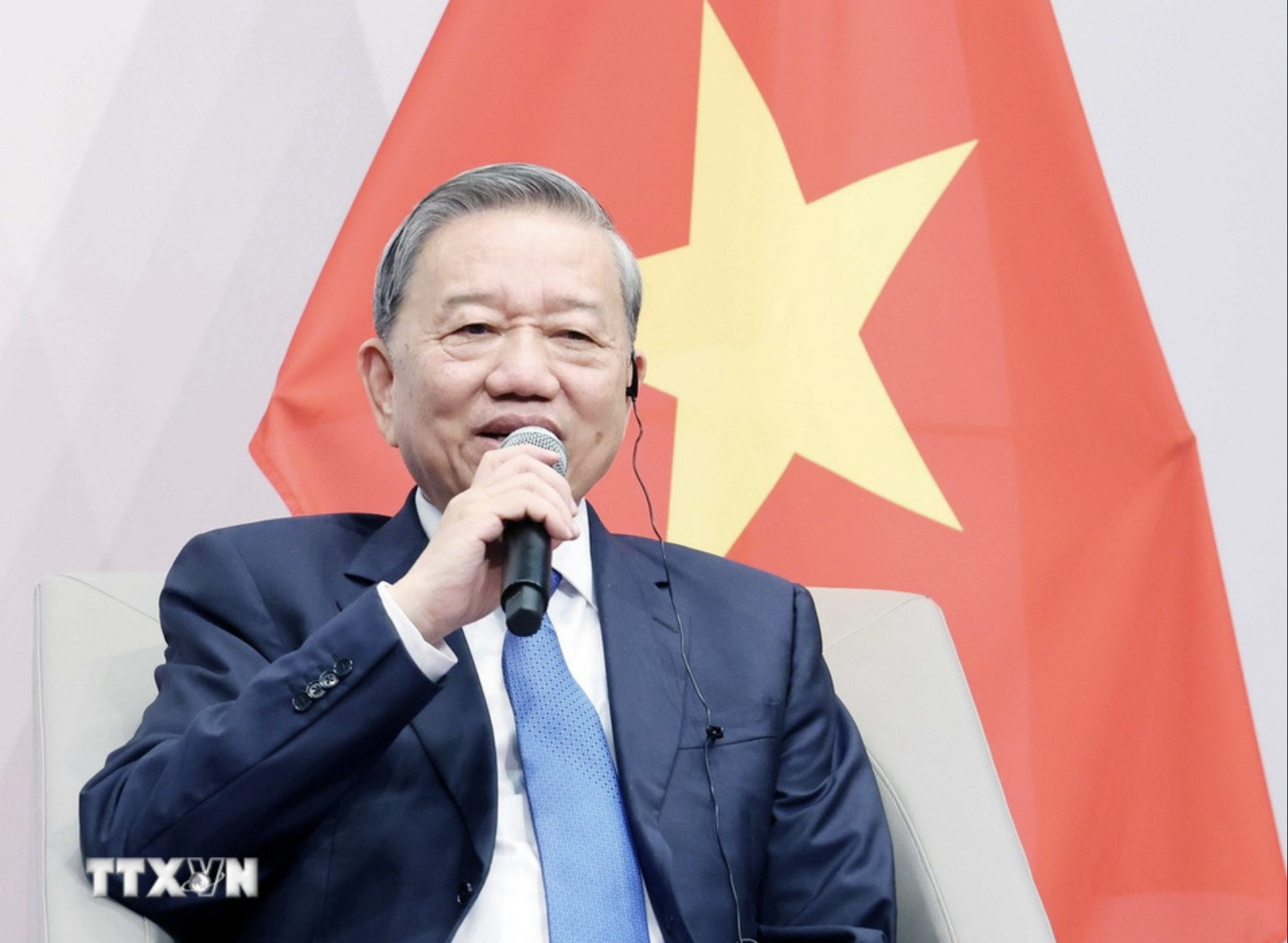

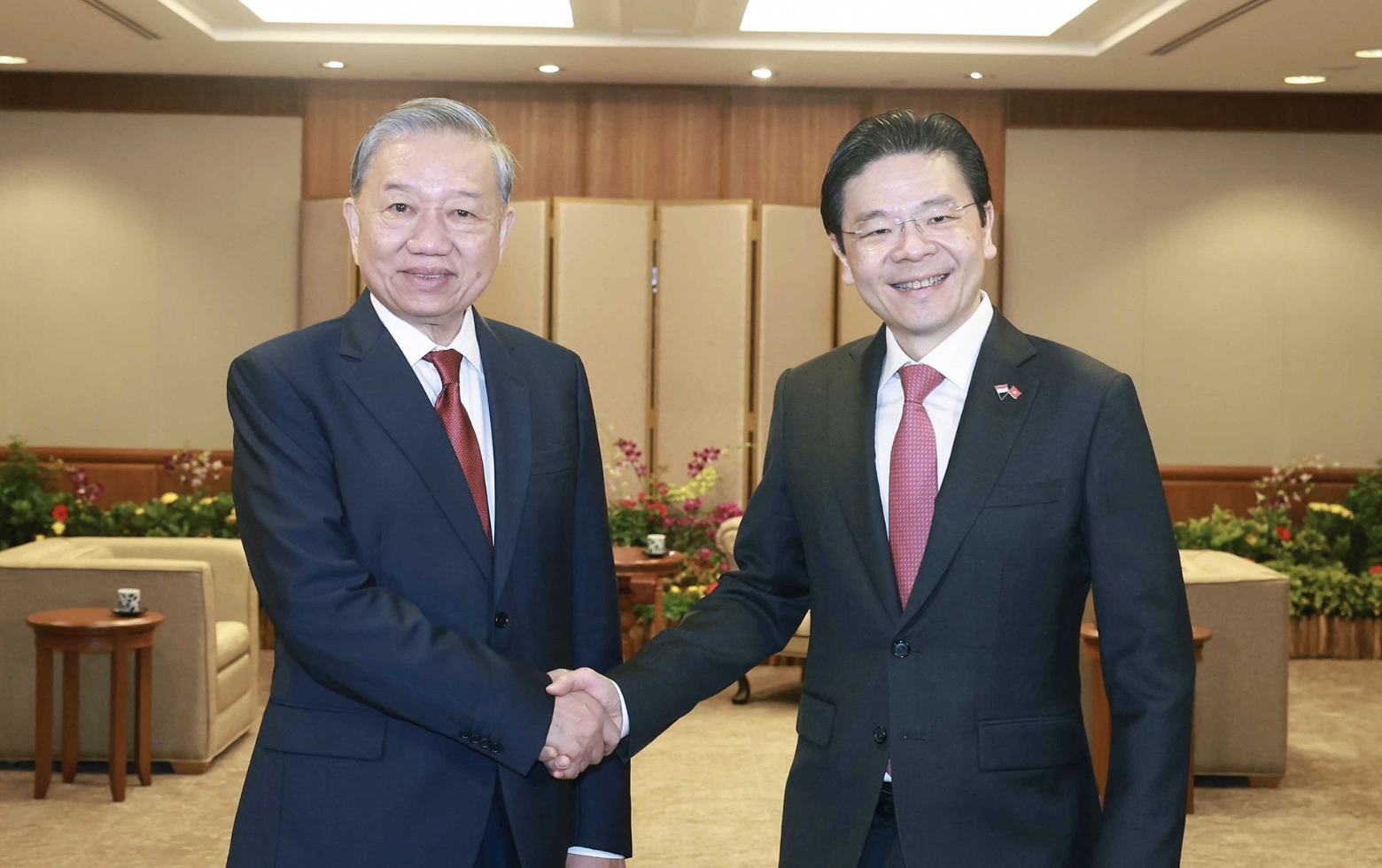

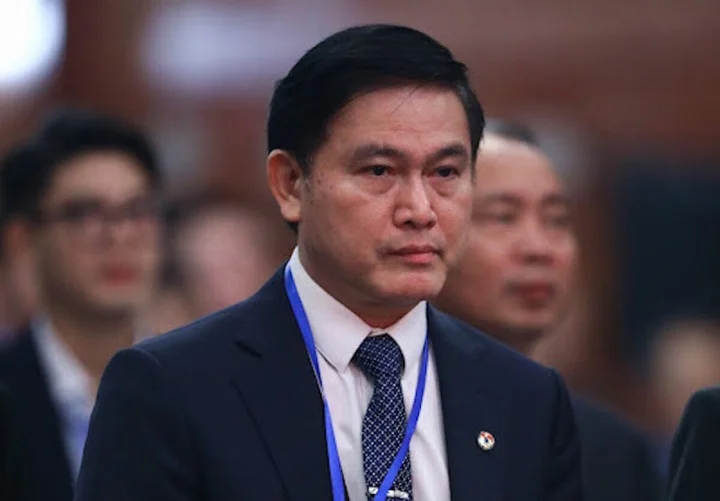

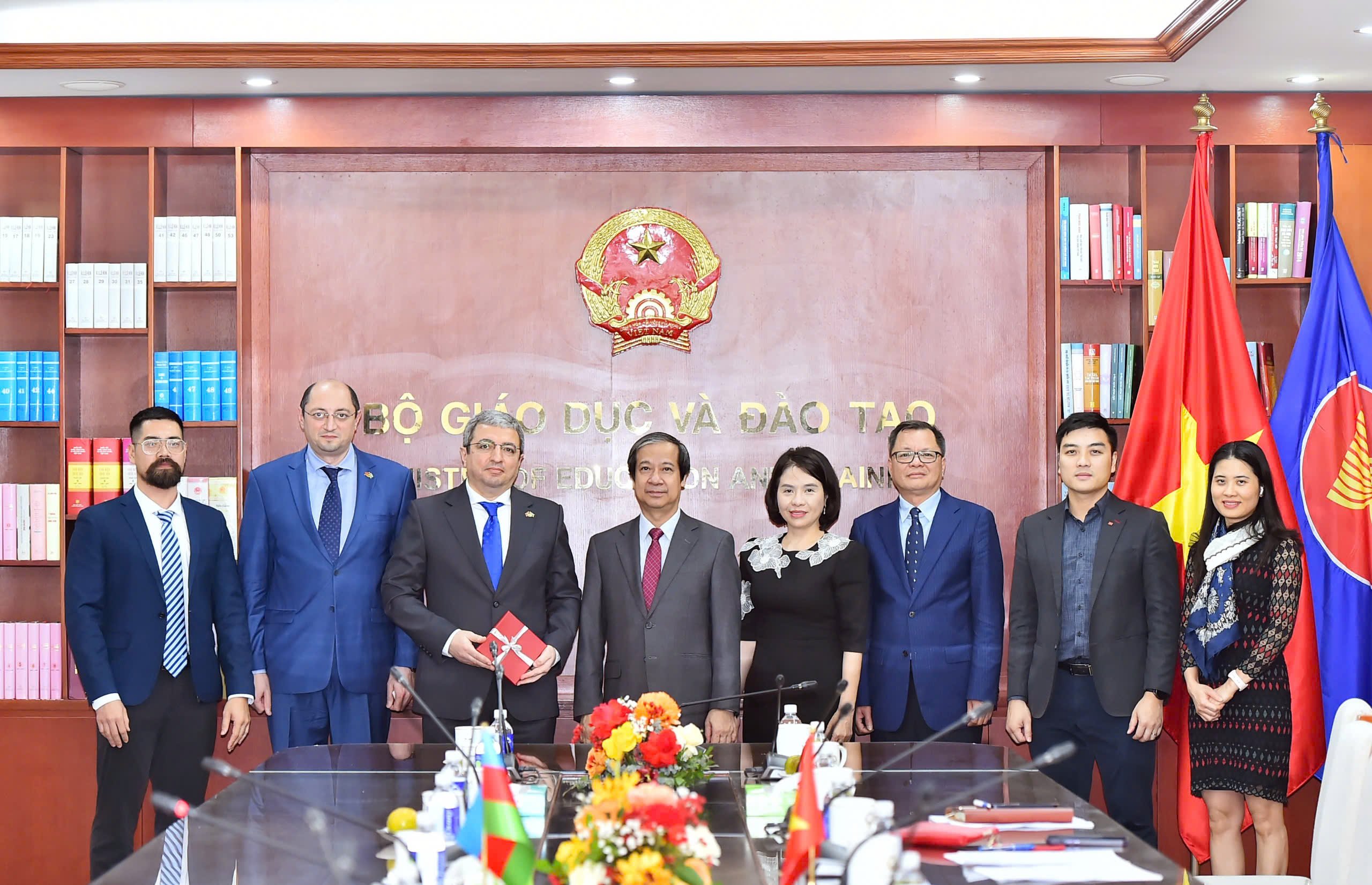

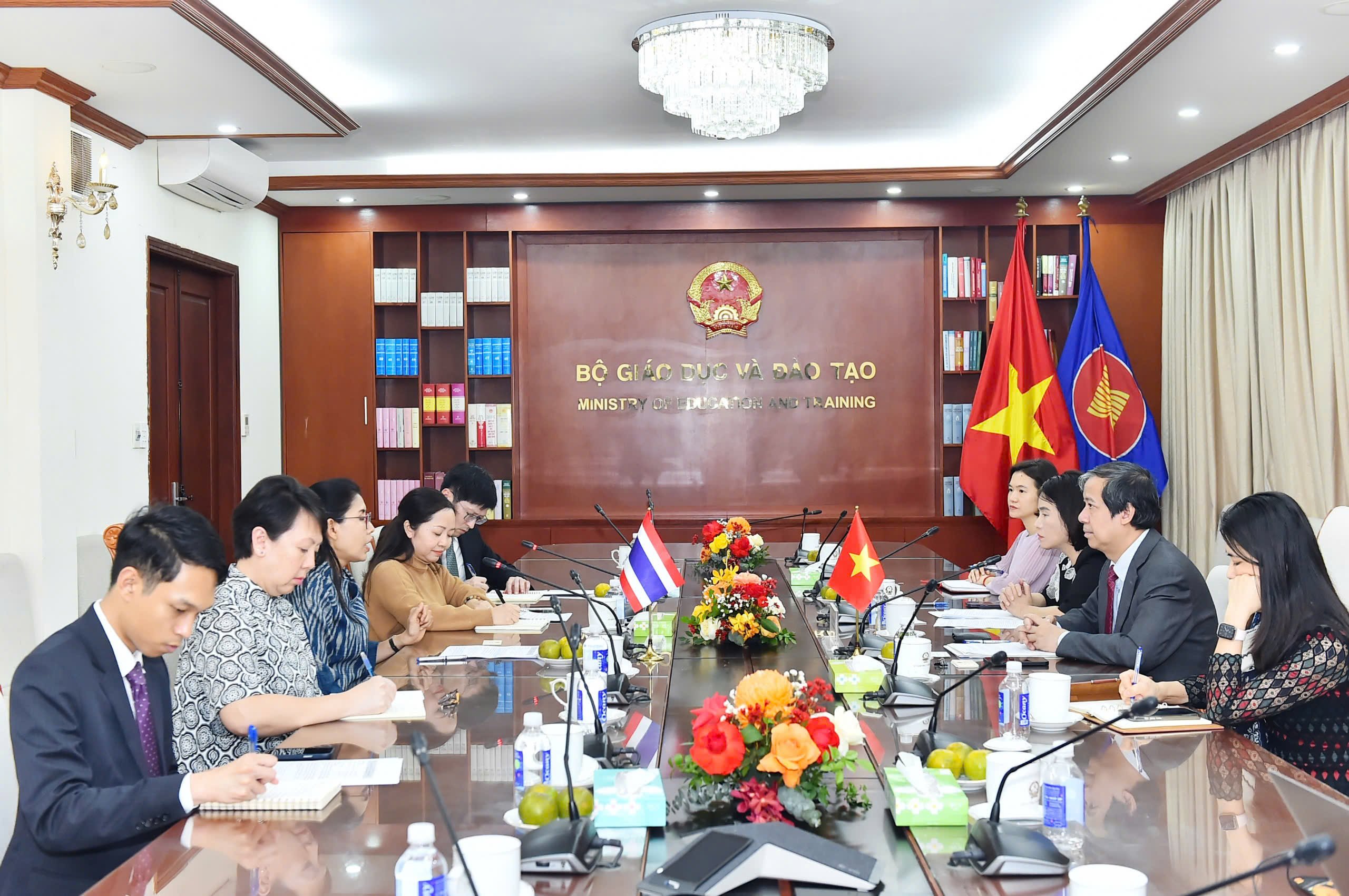
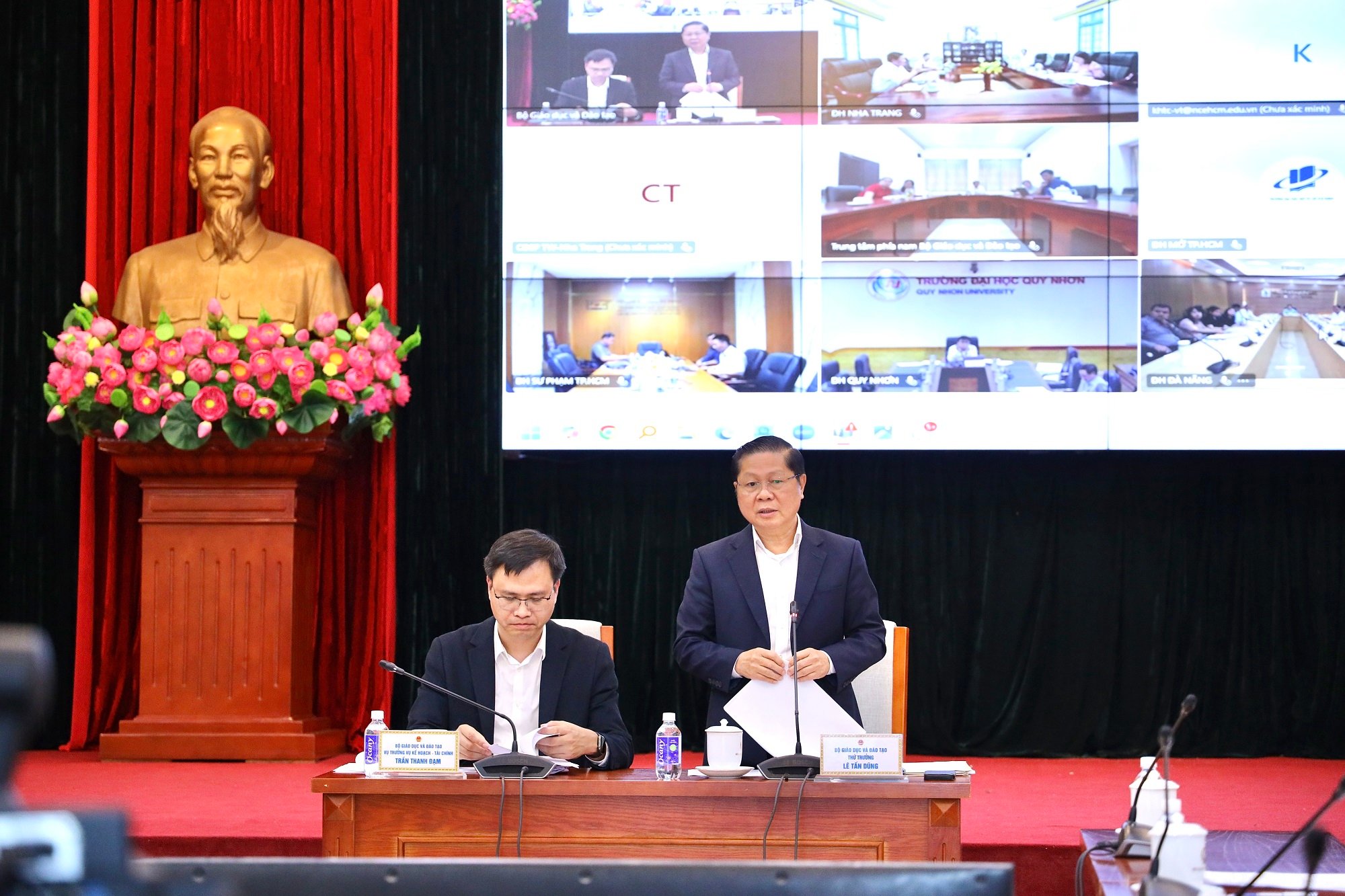
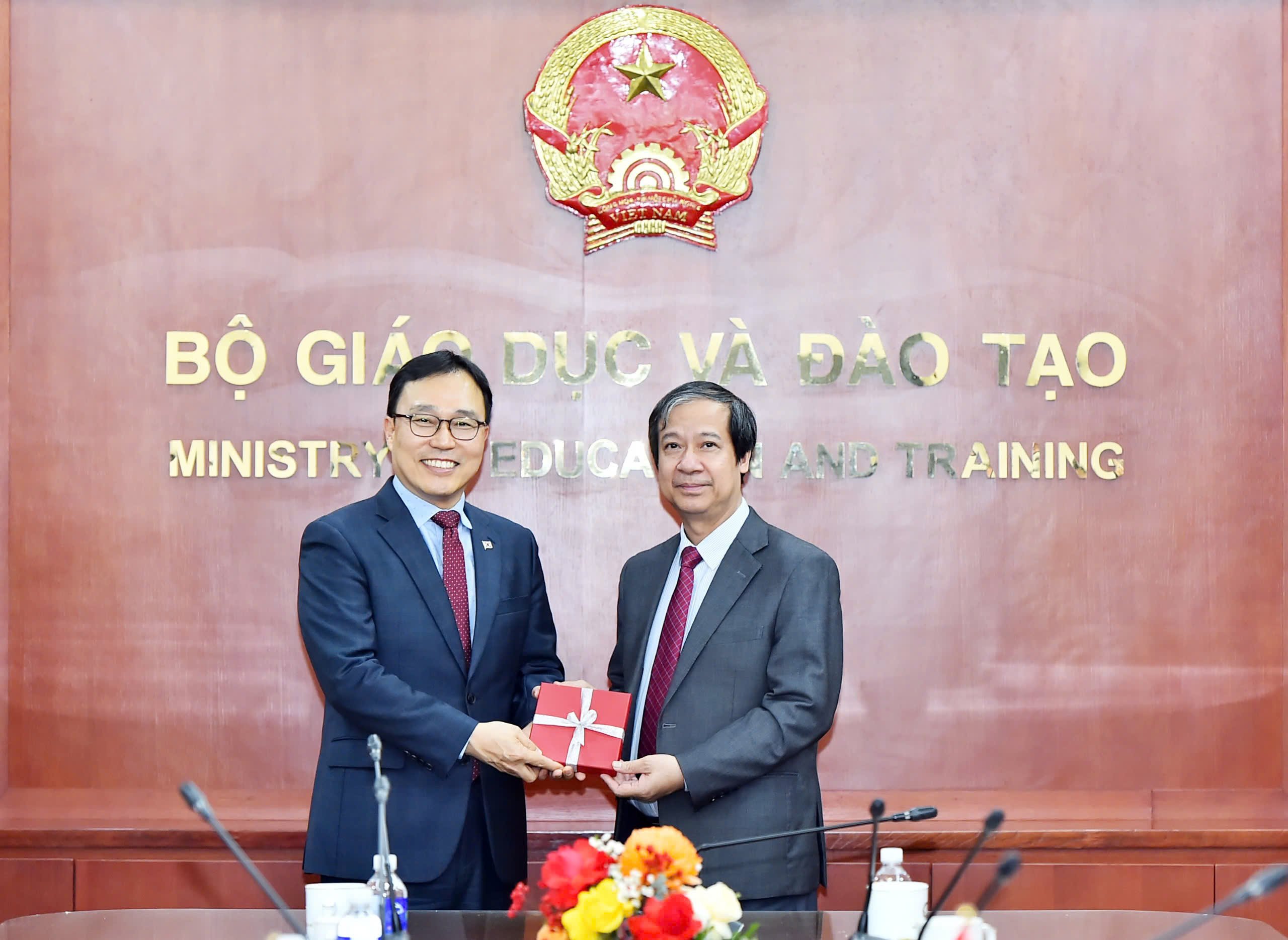
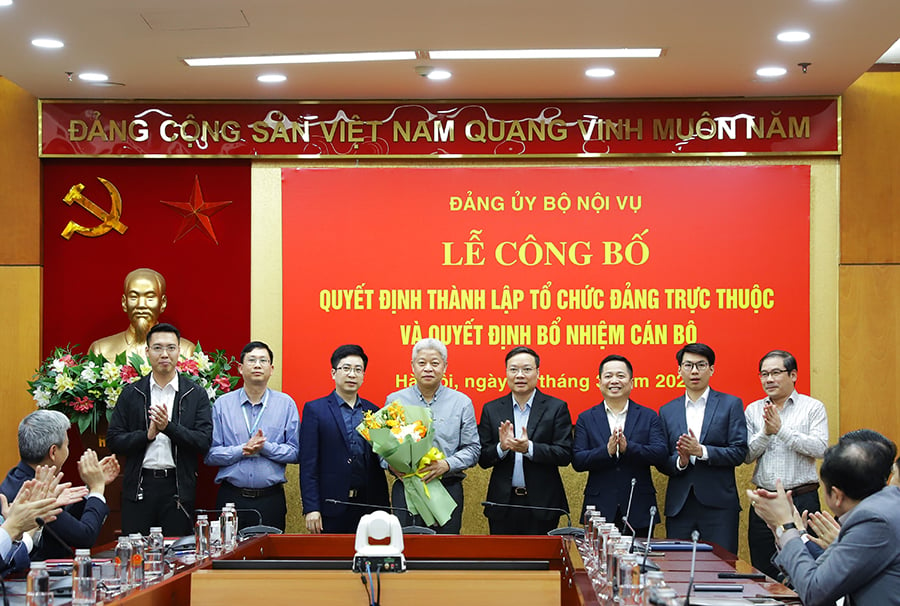









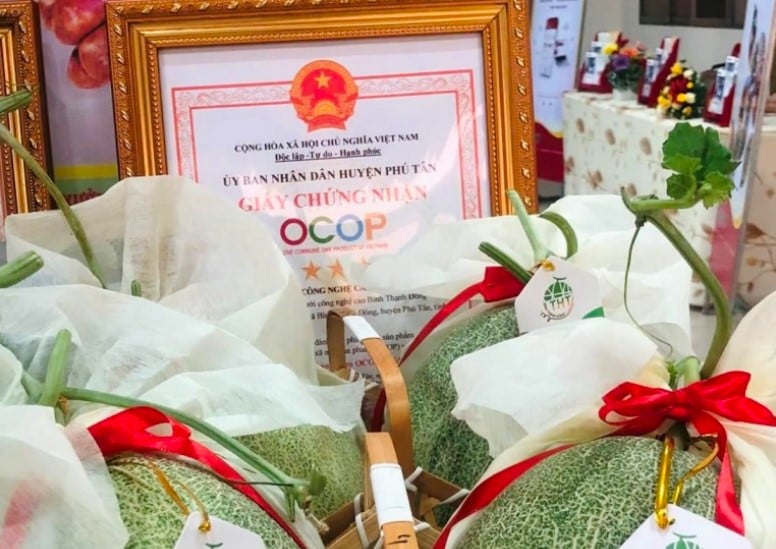

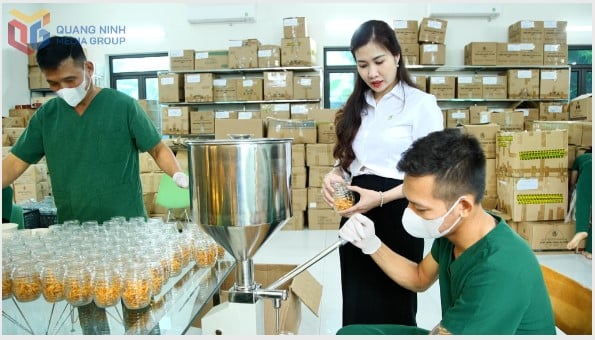
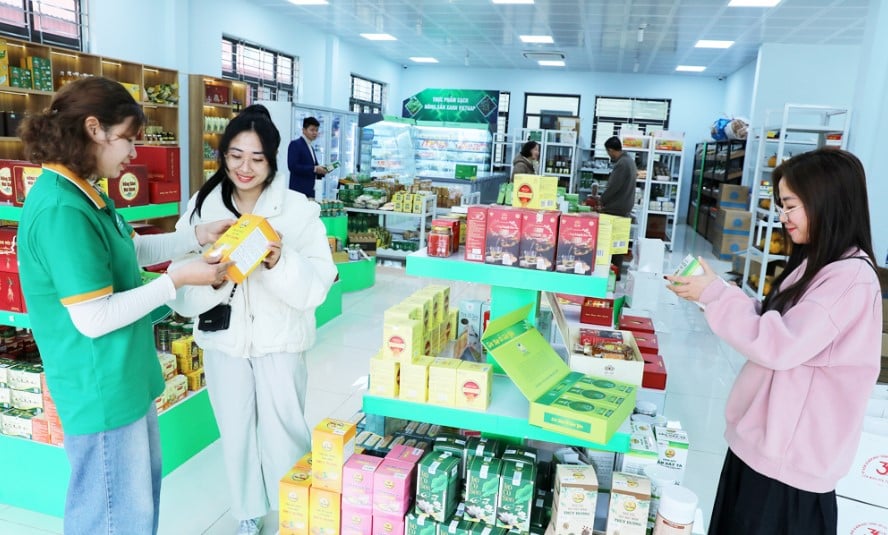
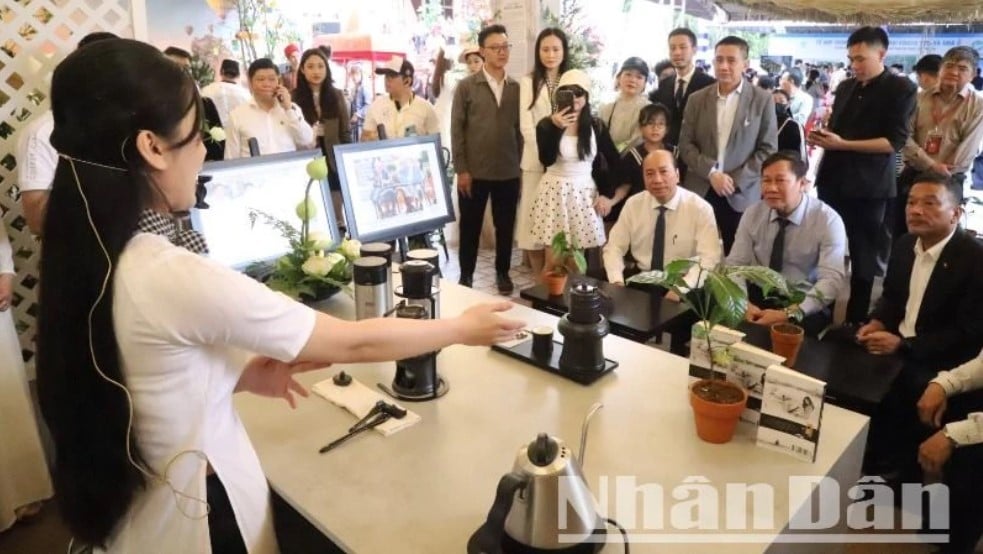
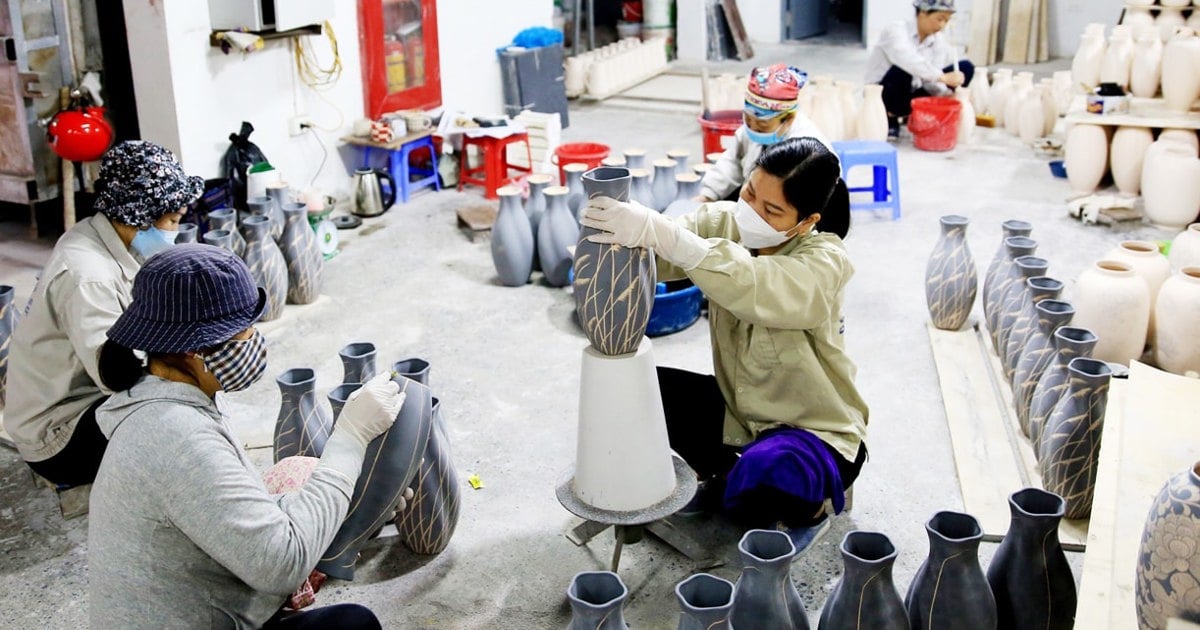
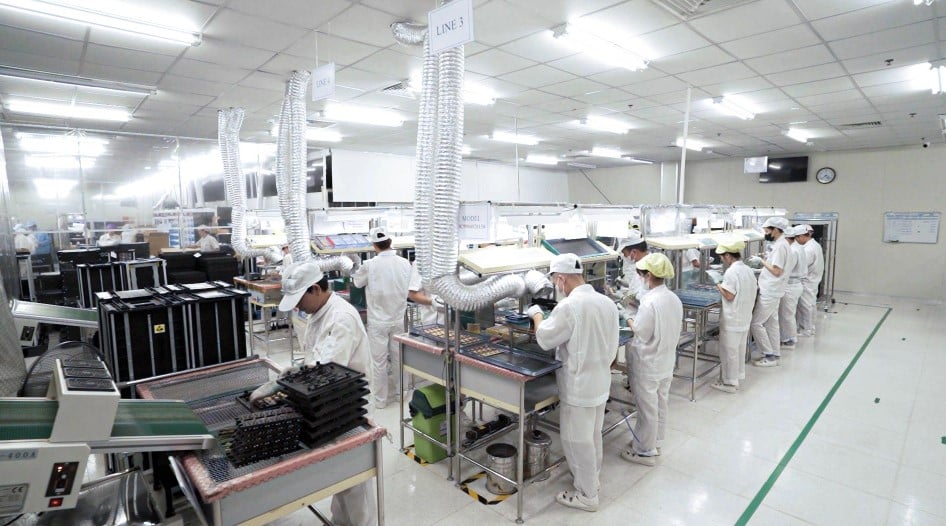

Comment (0)